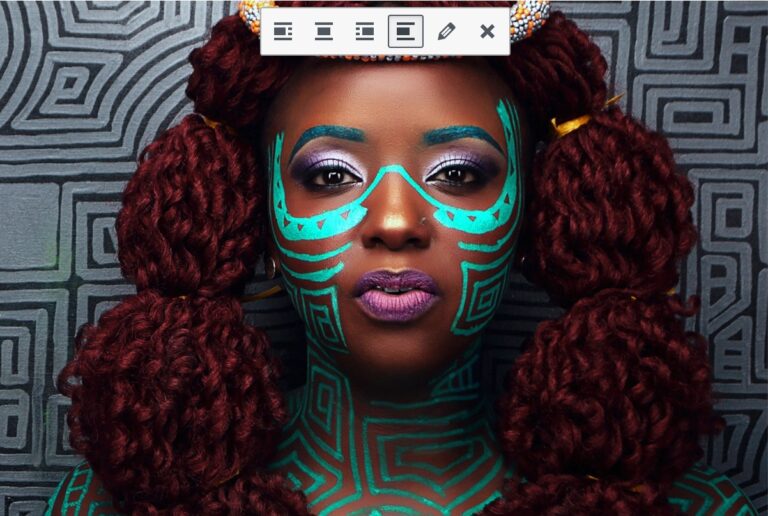
While genres like house and techno are the inventions of Black, Latinx and queer folks, owing much of their early development to these communities, mainstream music journalism, this platform included, perpetuated a different story. Black artists were frequently omitted from the popular narrative developing around electronic music, while white artists and their adaptations of house and techno were disproportionately covered, booked and supported. Prominent subgenres like grime, bashment and ballroom were similarly under-reported by key electronic music outlets, influencing readers’ listening habits and leaving an incomplete record of how the genre has branched out and bloomed. This solidified the public’s idea, across multiple generations, of electronic music as a white cultural phenomenon, despite the Black origins of some of its essential genres, evolutions and innovations.
“I think more often than not the reason this history hasn’t been properly written is that it hasn’t been written by us, it’s not been written by Black people. I believe the only way to have our freedom is by writing our own history,” Fabumni-Stone explains, citing the Black Panther Party’s Ten-Point Program as a significant influence on his decision to have the list wholly curated and authored by Black writers. “White aligning versions of core electronic music genres have been celebrated rather than the originators. So the real impetus for this is rewriting the narrative of what dance music has been to Black people between 2001 and 2020.”
Re-record is a project made to highlight Black artists who’ve had an impact on electronic music’s development, by releasing or performing their own music during this period, in a way its authors feel demands greater recognition on platforms like RA. Staff members, regular contributors and journalists with niche genre or regional knowledge submitted candidates and voted in a shared spreadsheet. The artists that received the highest number of votes were then filtered down based on how comprehensively they’d been featured on RA in the past. Of the final list, 76 artists earned their place democratically, and the remaining 44 were picked from the initial nominations on a case-by-case basis, with the ensuing writeups capped at 200 words.
When the list was well on its way, one contributor got on the phone with us to address a few concerns about the project, one of which was feeling it should exist purely behind the scenes, driving RA‘s editorial strategy over the coming years. In a way, this is the plan. The list of artists, including those who didn’t appear in the final list, will be archived and shared with our news, reviews and features writers and editors. Podcasts, features and Exchanges with artists from the list are already in the works. If you have a great story about one of these artists or feel someone was missing, you can find more information on where and how to pitch the publication here.
In the meantime, this list is a more immediate recommendation. Take it as your cue to comb through the back catalogues of old favourites, a digging tool for your Bandcamp day cart and a celebration of electronic music’s extensive Black legacy.
The list will drop in four weekly stages over the next month, but its order does not in any way denote a ranking system.
Contributors include Andrew Mensah, Kiana Mickles, Riri Hylton, Emeka Okonkwo, Marcus Barnes, Kampire Bahana, Theo Fabunmi-Stone, Errol Anderson, Mariana Bonaventura, Rafa Andrade, Shiba Melissa Mazaza, Crystal Mioner, Ebeneezer Boakye-O’Houlihan, Richard Akingbehin and Tajh Morris. Edited by Maya-Róisín Slater, Will Lynch, Aaron Coultate and Theo Fabunmi-Stone. Visual identity by Jono Canning. Special thanks to Whitney Ajayi.
Transmit these tones and wreak havoc on the programmers!
– Line 12, Underground Resistance manifesto
PART 1
-
-
-
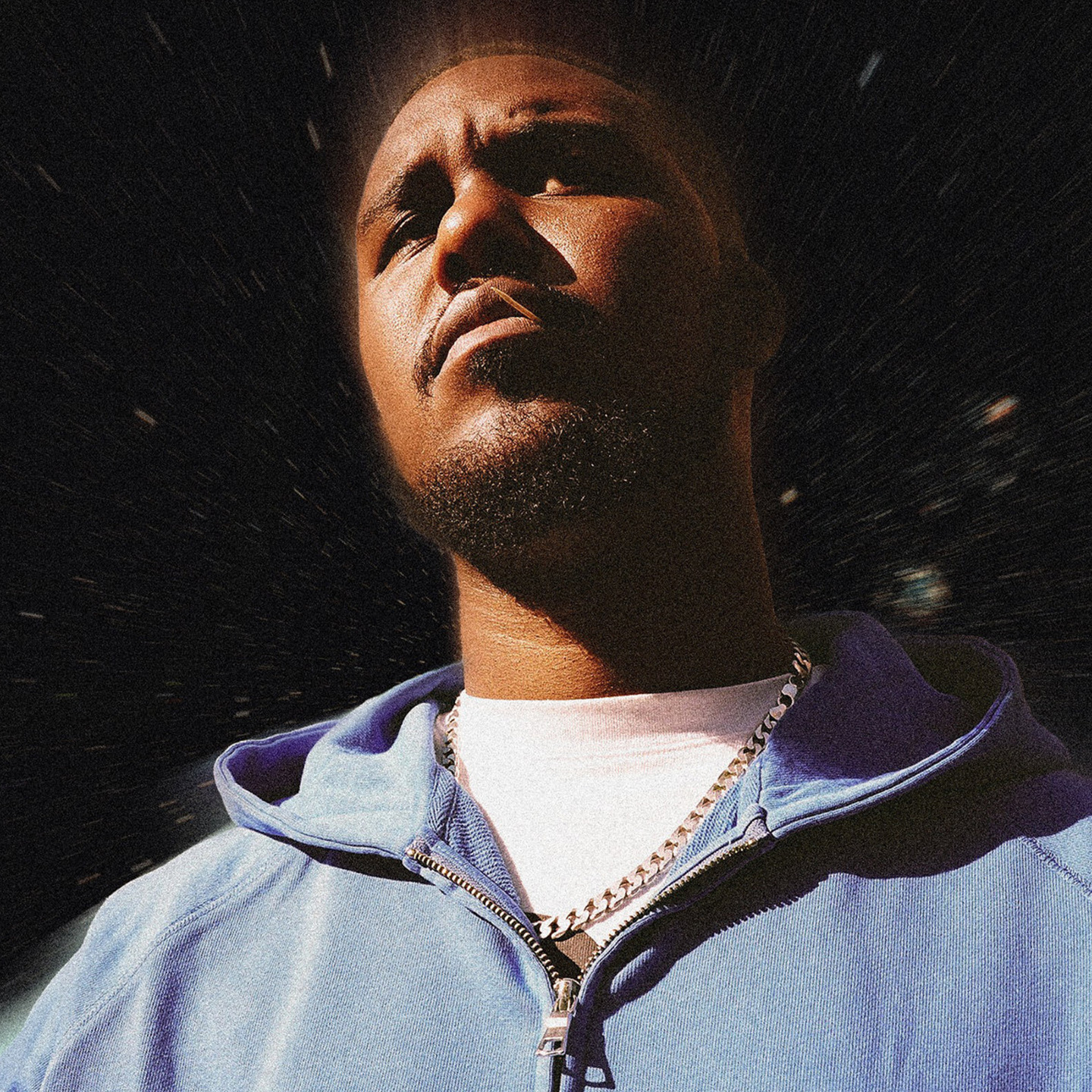
-
BANDCAMP · SPOTIFY · APPLE MUSIC
Having been a household name in UK music for what feels like forever, it’s easy to forget that Novelist is still only 24. The Lewisham MC and producer entered the scene via pirate radio in the early 2010s and has enjoyed several iconic phases already. It’s hard to pick a single career highlight from Novelist’s long list, including 2015’s 1 Sec EP with Mumdance on XL, his memorable feature on Skepta’s Mercury-winning Konnichiwa, a Mercury nomination for the entirely self-produced Novelist Guy, and classic clashes with Cadell and Izzie Gibbs (the latter of which led to him immortalising a London landmark with the track “Lewisham McDz”). 2020 was his busiest year in terms of musical output, with three mini-albums, an instrumental EP in collaboration with Billionaire Boys Club and a number of tracks via his website.
Ebeneezer Boakye-O’Houlihan
-
-
-
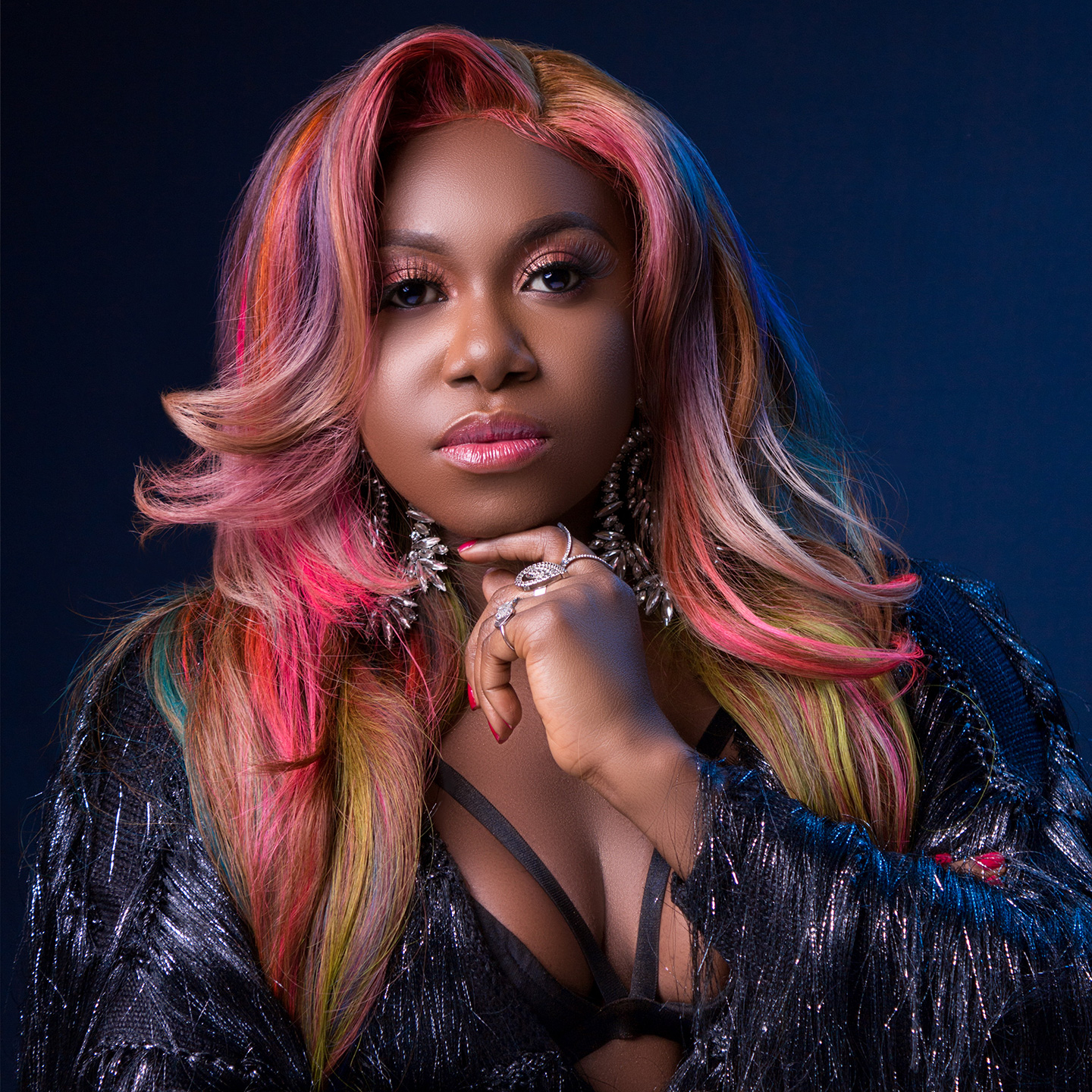
-
Niniola
SPOTIFY · APPLE MUSIC
Those who came across Nigerian singer Niniola’s ballad-led performances on the TV talent competition Project Fame West Africa back in 2013 could never have known just how revelatory her departure to Afro-house would come to be. Surprisingly, after the singer boldly swerved away from the Afrobeats sound many of her peers were producing, she gained global success.
It was breakout song “Maradona” that brought her international fandom, first gaining popularity in South Africa. Recently, she was credited on queen Bey’s opinion-splitting soundtrack album The Lion King: The Gift. Icing on the cake. Niniola has gone from strength to strength since, releasing fun Afro-house tracks carrying messages of confidence as a Black African woman.
Andrew Mensah
-
-
-
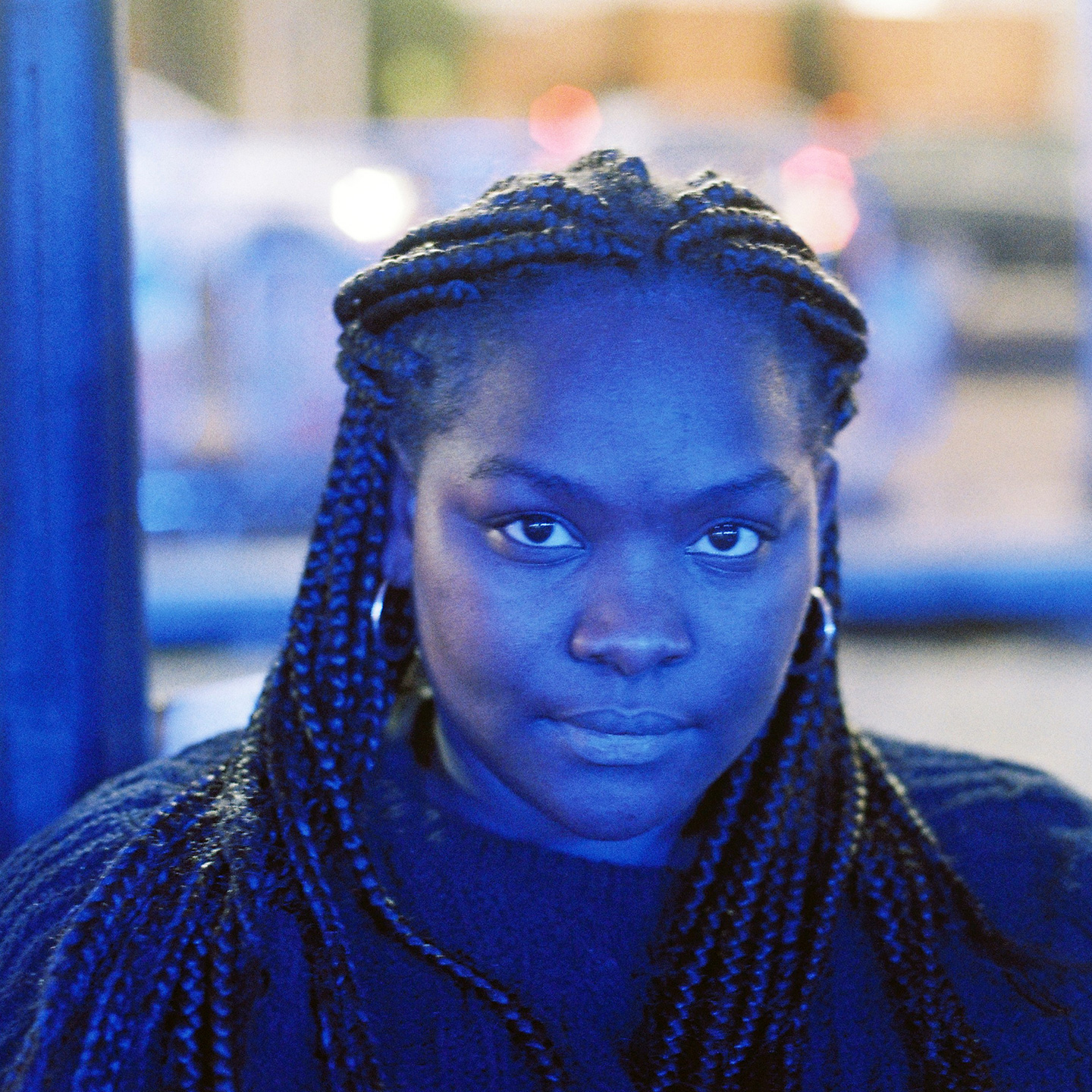
-
BANDCAMP · SPOTIFY · APPLE MUSIC
“When something comes out of the ghetto, it can’t come softly,” Nídia once said in an interview with The New York Times. “It has to have strength.” Growing up in Vale de Amoreira, one of Portugal’s ghettos, producer Nidia Borges is the sole female member of one of Lisbon’s most innovative labels, Príncipe. Her music melds a host of genres derived from the Portuguese-speaking African diaspora, like kizomba, funaná, tarraxinha and kuduro. Borges’s productions can at times be tough, brimming with fraught polyrhythms, but they can also be delicate—airy, even. With seven releases out, she’s also one of Príncipe’s most active producers. Just last year, she released the wonky, trap-influenced Nídia é Má, Nídia é Fudida and the harder Badjuda Sukulbembe 7-inch, followed by a more techno-leaning EP, S/T, making the third installment of a triptych.
Kiana Mickles
-
-
-
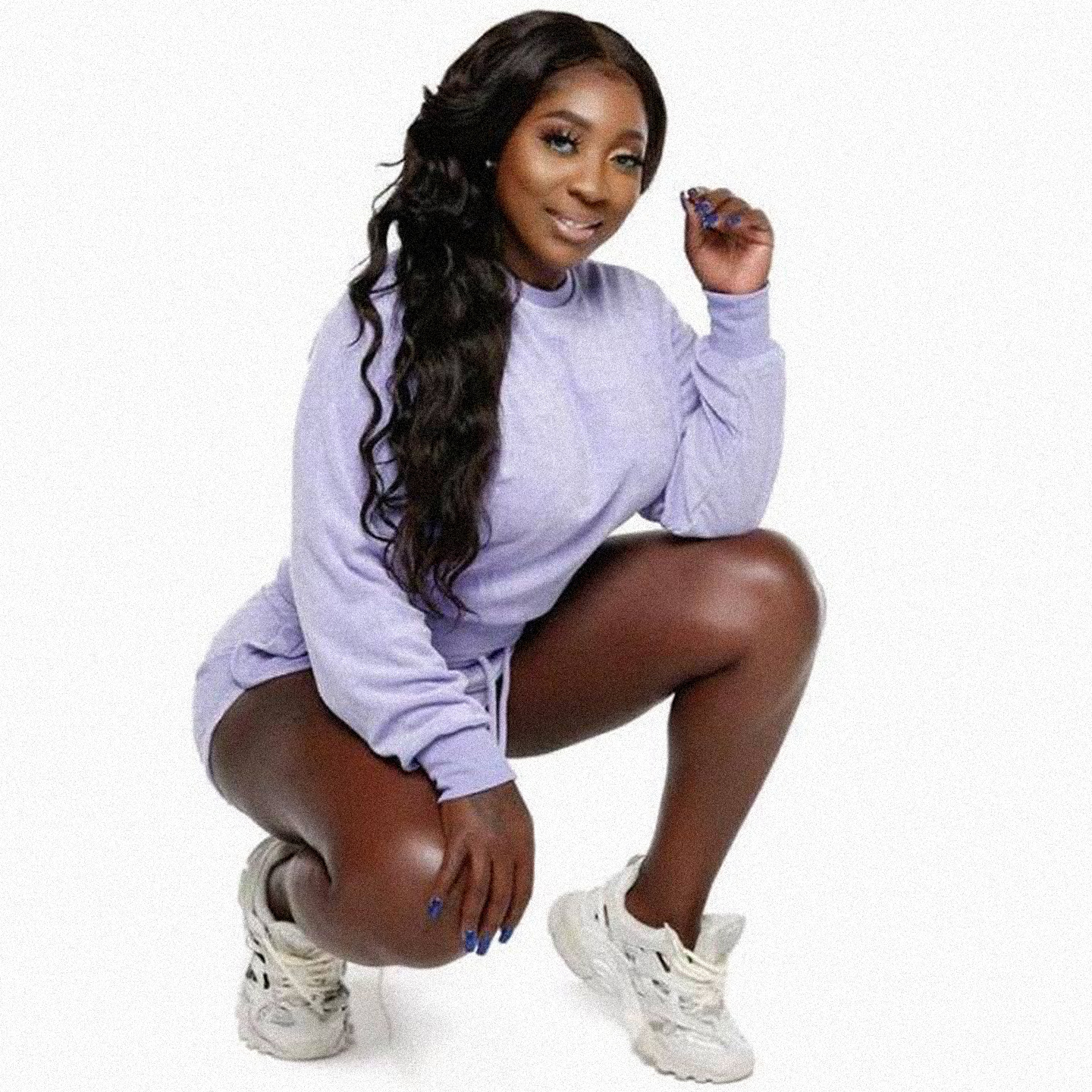
-
SPOTIFY · APPLE MUSIC
Spice, AKA Grace Latoya Hamilton, has been belting over riddims and beat-laden cuts since 2000. Her first single, “Fight Over Man,” made local waves in Jamaica, but her 2009 collaboration with Kartel brought her to the international stage, where she remained. “Romping Shop,” an intense erotic back-and-forth between the two bashment artists, travelled the world. When “So Mi Like” dropped in 2014, it was clear Spice wasn’t going anywhere any time soon. The piercing vibrancy of a Spice delivery is what makes her sound so distinct in the dancehall world. Take the “Slim Vs. Fluffy” collab, where her voice booms and soars all at once. Aside from some of the more steamy cuts (“Conjugal Visit”, “Sheet”, “Genie”) Hamilton tends to touch on social issues, from colorism in the Black community, as seen in 2018’s “Black Hypocrisy,” to sexism in the music industry. She adopted a low-pitch timbre for “Like A Man,” and donned a fake moustache for the video—another provocation of sorts. Spice is prolific, but has yet to release an album. And still she remains one of the most recognised voices in bashment. If Kartel is the king of dancehall, Spice is queen.
Riri Hylton
-
-
-
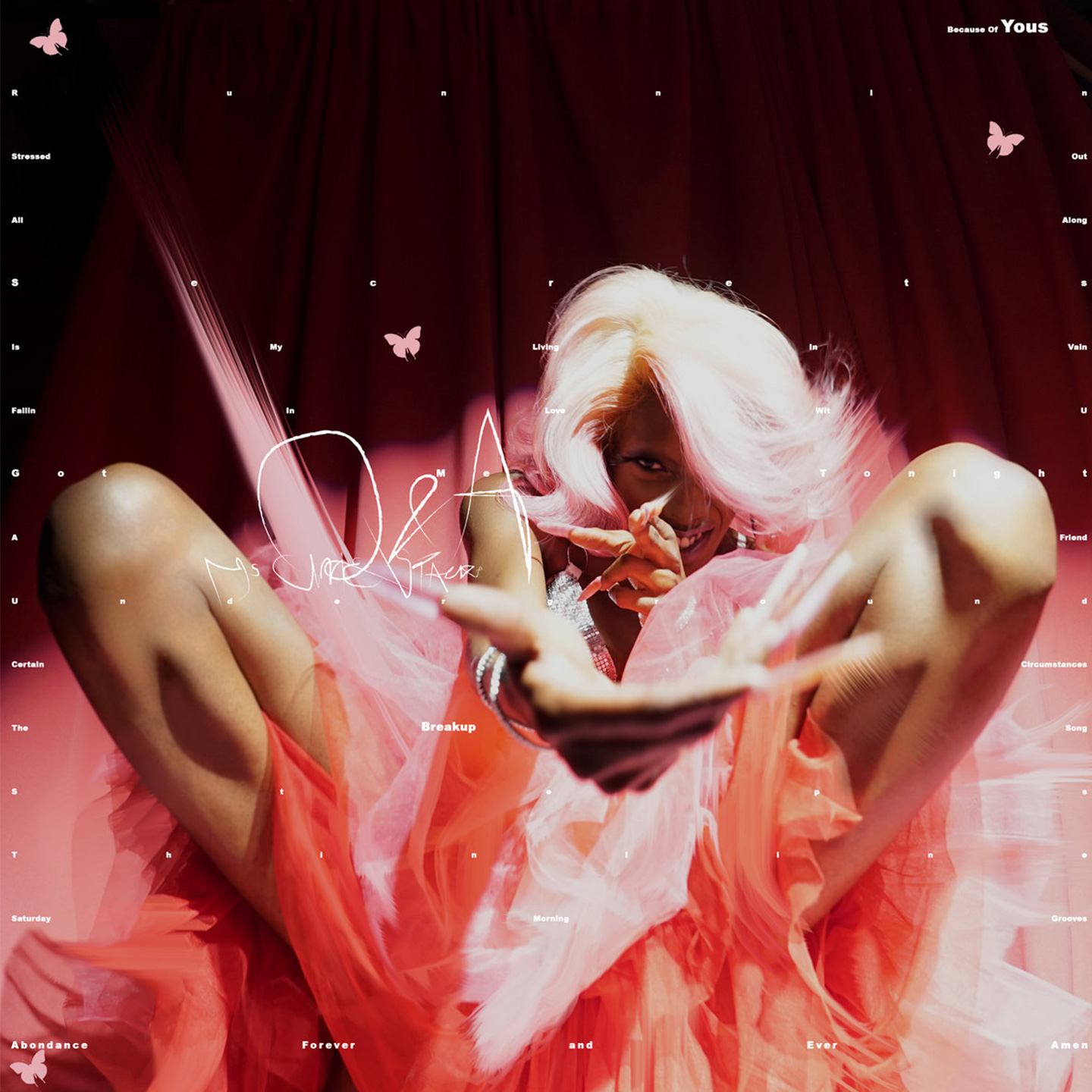
-
BANDCAMP · SPOTIFY · APPLE MUSIC
Ms Carrie Stacks is a producer, songwriter and fashion icon from southeast London and founder of the area’s infamous queer club night PDA. Going against the grain has always been light work for Stacks. As the child of a pastor, she was only allowed to listen to gospel growing up. “All the boys were in the playground playing grime out of their phones. But I was never a ‘spitting bars’ person. I used to sing,” she told Dazed in a 2015 profile. Now, her brand of synth-pop is bold and defiant. Early on, Stacks’ mixes would chop and contort samples from talk-show dramas and the Spice Girls. This knack for the unconventional never faded away, maturing into 2017’s ruminative 5 Sad Songs EP. It was a coronation for the talented singer-songwriter, with the standout track, “Hit It Right,” guaranteed to give goosebumps from the moment you press play. Resounding vocals, unapologetic beats and lush choruses are just a few of the ways she subverts expectations and perfects self-expression.
Emeka Okonkwo
-
-
-
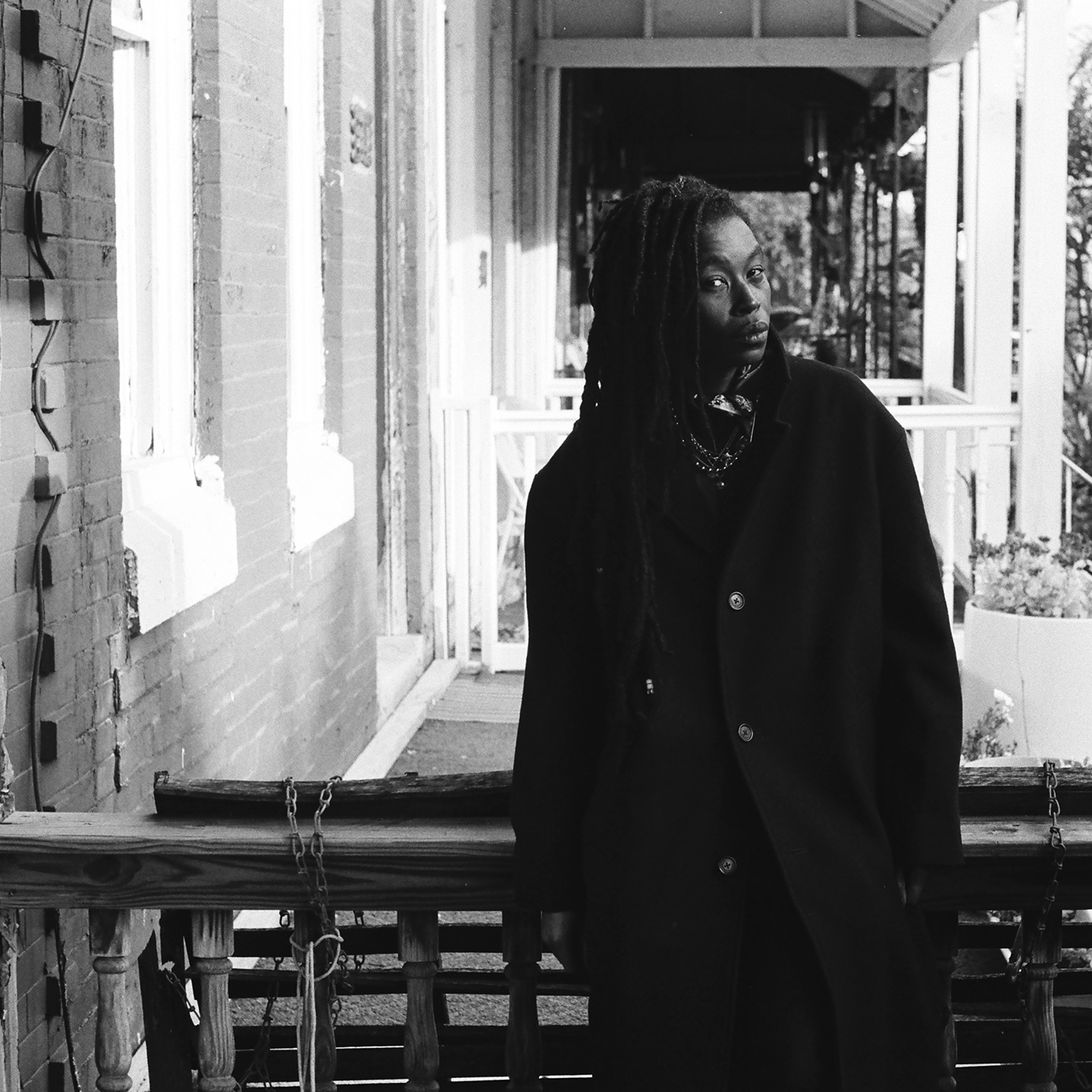
-
BANDCAMP · SPOTIFY · APPLE MUSIC
Hailing from Philadelphia’s underground scene, Camae Ayewa, AKA Moor Mother, is a multi-hyphenated talent who proudly envisions different destinies for Black communities beyond capitalism’s limitations. With an expansive discography that consists of sounds ranging from industrial hip-hop and dub-ambient to free-jazz and noise-rock, radical futurism is the only constant. She describes free-jazz as a liberation technology, a way to amplify unadulterated stories that would have otherwise gone unheard: victims of domestic abuse, ancient African astrologers, survivors of breast cancer. “I let these stories pass through me—I’m the narrator,” she says. Moor Mother’s zany compositions, comprised of heavy beats, noisy electronic stutters and guttural vocal performances, come from a world where music attains timeless status depending on its pragmatism. Having been influenced by the struggles of Nina Simone and Billy Holiday, she believes music should be used as a practical tool, a machete to cut through the undergrowth of limitation in this capitalist superstructure. “I’m bell hooks trained as a sniper,” she declares on “By The Light.” This is a woman singing her trials and tribulations, in hopes no one else has to endure them ever again.
Emeka Okonkwo
-
-
-
-
-

-
SPOTIFY · APPLE MUSIC
Always celebrating Africa with her signature multicoloured Fulani braids (labelled “Madjozi Braids” in South African hair salons) and colourful xibelani swinging, Sho Madjozi’s popstar persona is that of an African girl uninterrupted by colonialism and apartheid. Getting her start when she switched from writing poetry to ghostwriting lyrics for South African rappers, Madjozi made her mark with well-placed and effective guest verses alongside acts like AKA and Okmalumkoolkat. She went on to guest with European producers like She’s Drunk and performed on international stages such as Sónar and Global Citizen before really blowing up at home in South Africa. 2017’s Limpopo Champions League made Madjozi one of the first artists to put a pop vocal structure to gqom beats. Soon after, in 2019, her big moment came when she performed the irresistible track “John Cena” on platform COLORS, garnering millions of views and a surprise meeting with the wrestling star on the Kelly Clarkson Show.
Drawing from her Pan-African background, she incorporates Tsonga sounds and Swahili influences from time spent living in Tanzania as well as everything that is hot on South African TikTok and dance floors. Her most recent release, What A Life, for instance, gives frenetic Shangaan electro an empowered urban female update. It shouldn’t be revolutionary in 2021 for an African popstar to make traditional clothing and sonic influences a part of her signature style, but it is, and Madjozi is making it cool.
Kampire Bahana
-
-
-

-
BANDCAMP · SPOTIFY · APPLE MUSIC
Cooly G, AKA Merissa Campbell, burst onto the scene in 2009 with “Narst” and “Love Dub,” about as impressive and influential a debut record as you can get. It made a big splash in UK funky and the surrounding scenes, bringing a soca edge and much-needed female touch. As well as Hyperdub, she appeared on Night Slugs and her own label Dub Organizer, through which she champions fresh talent. Though clubland wholeheartedly embraced Campbell (she comes from a background of soundsystem culture and jungle raving herself), much of her best music was made when her sights were focused elsewhere. She has flourished on Kode9’s infinitely eclectic label, becoming one of its core artists and releasing two acclaimed albums of personal, R&B-inspired electronic music, on which her singing is as central as her gift for programming beats and writing melodies. There may be no better example of the two sides to Cooly’s music than that debut 12-inch, with the untouchable banger “Narst” and the sensual “Love Dub.”
Richard Akingbehin
-
-
-
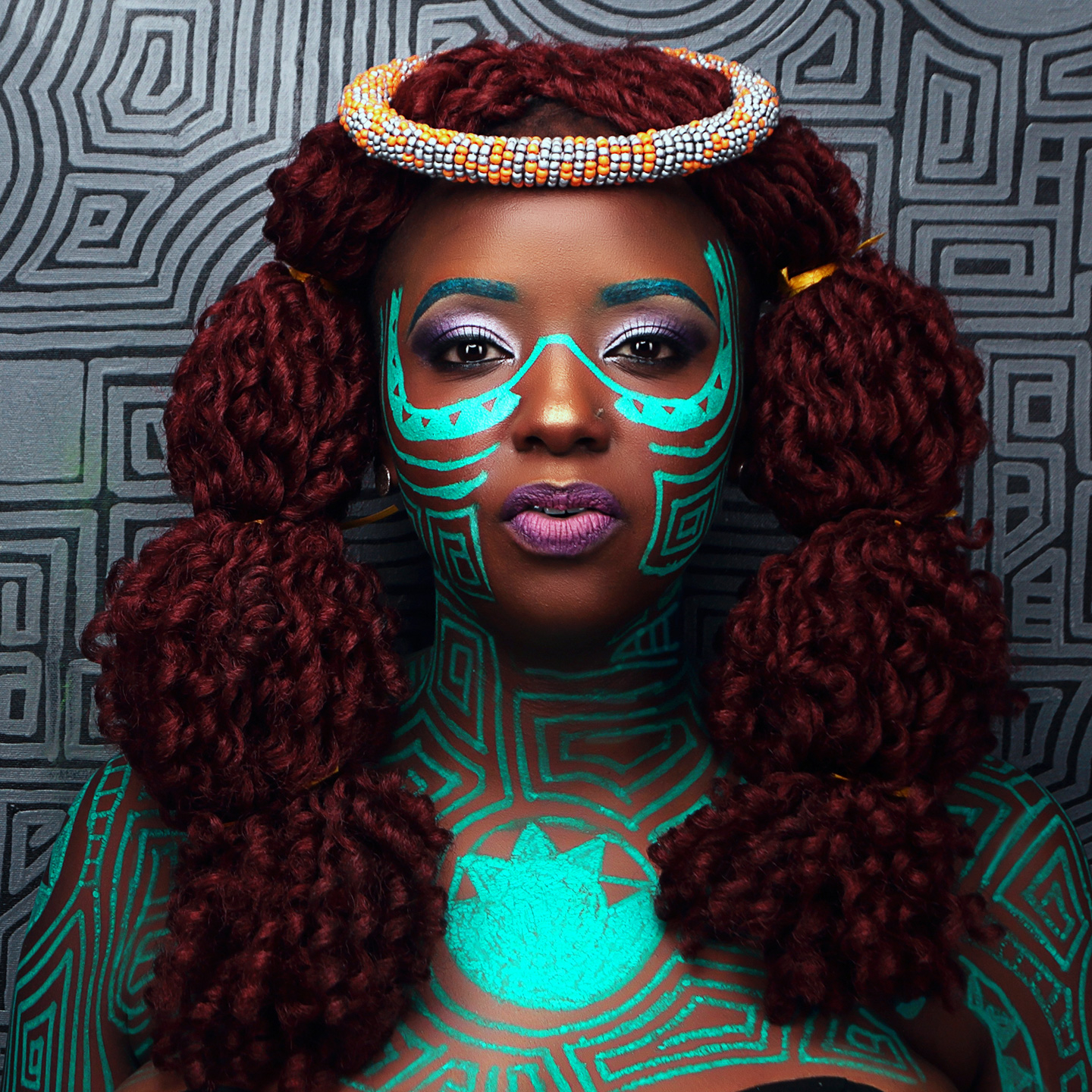
-
SPOTIFY · APPLE MUSIC
I can still remember the moment I was introduced to Muthoni The Drummer Queen. As a teenager living in Ndola, Zambia, the South African Channel O was our first 24-hour music channel. One fateful afternoon, a young, fresh-faced Kenyan woman appeared on the screen, spitting rapid Sheng rap as she pounded her drum. The video for “Mikono Kwenye Hewa” has a hilarious narrative, and an 18-year-old me got to see someone like myself singing, rapping, drumming, artistic directing and taking on the music world.
Since then MDQ has not ceased blazing trails. On top of releasing numerous albums and touring internationally, she’s championed fellow Kenyan artists like Fena Gitu, Mayonde and Kagwe Mungai, and pioneered live music platforms Blankets & Wine and Africa Nouveau. Blankets & Wine now takes place in three countries and has set the standard for successful music events championing African headliners on the continent. Africa Nouveau, which features independent African artists, has proven that the audience for these acts is there, and a successful touring circuit for independent African artists across East Africa is possible.
Kampire Bahana
-
-
-
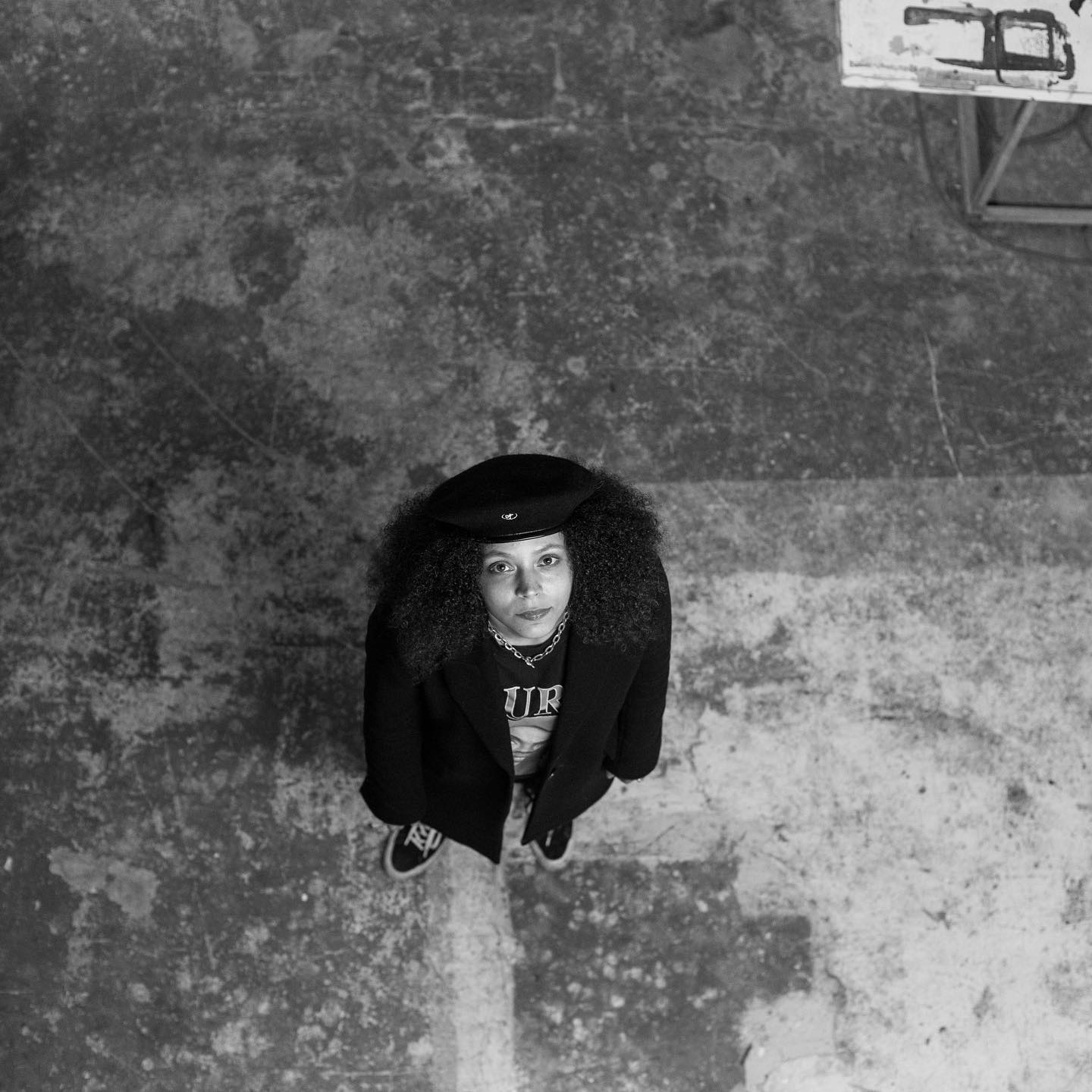
-
Phoebe “Iron Dread” Hibbert
FACEBOOK · SPOTIFY · APPLE MUSIC
Around 2012, if you went to see Congo Natty spin, Phoebe Hibbert (AKA Phoebs or Iron Dread) would be there onstage, part of the entourage hyping up the legendary jungle DJ. Previously she had been part of the ten-member We Are Dubist crew, before connecting with Nãnci Correia and forming the duo Nãnci & Phoebe. They grew into a much-loved, soulful element of Congo Natty’s show, and a touring act in their own right. Eventually, they got in the studio with Congo to transform their acoustic version of Turbulence’s “Notorious” into a jungle anthem. It came out in 2013 but was already a multiple-rewind hit long before. The collaboration went further with the creation of the Outlook Orchestra, a full band setup fronted by Phoebe, Nãnci and the Rebel MC himself. They performed at London’s Royal Festival Hall and Outlook’s opening ceremony, filling stages with incense, junglist vibes, captivating vocals and hip-hop wordplay. Phoebe had a solo project prior to and since the breakthrough record with Congo Natty, turning out some great music like 2020’s “Come With The Ragga.”
Richard Akingbehin
-
-
-
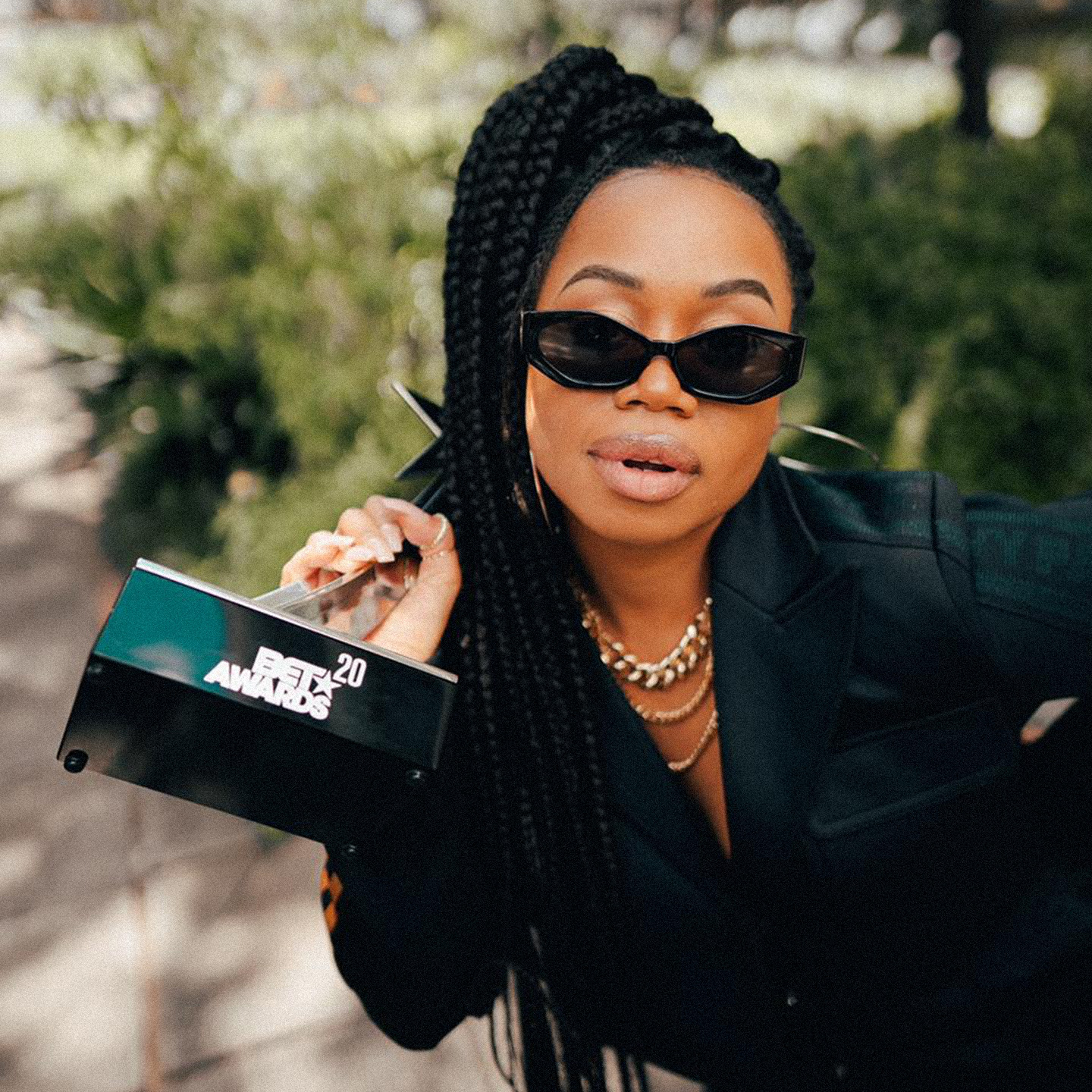
-
SPOTIFY · APPLE MUSIC
Zimbabwe-born Charmaine “Sha Sha” Mapimbiro, now known as the “Amapiano Queen,” found luck on her side as the burgeoning hybrid style of South African house found its feet. In a country where the underground becomes the mainstream overnight, a chance meeting with a fellow Zimbabwean cab driver who would later introduce her to DJ Maphorisa was the catalyst by which she’d make her presence felt, rebooting Moloko’s “Sing It Back” in 2019. Since then she’s dominated dance floors worldwide, with “Tender Love” soaring to the top of the charts as the year’s most-streamed track in South Africa. Going on to snag a BET Award for Best New International Act in 2020, Sha Sha has bridged the gap between Zimbabwe, South Africa and the US with her stellar vocals and passion for the unifying energies within African dance music.
Shiba Melissa Mazaza
-
-
-
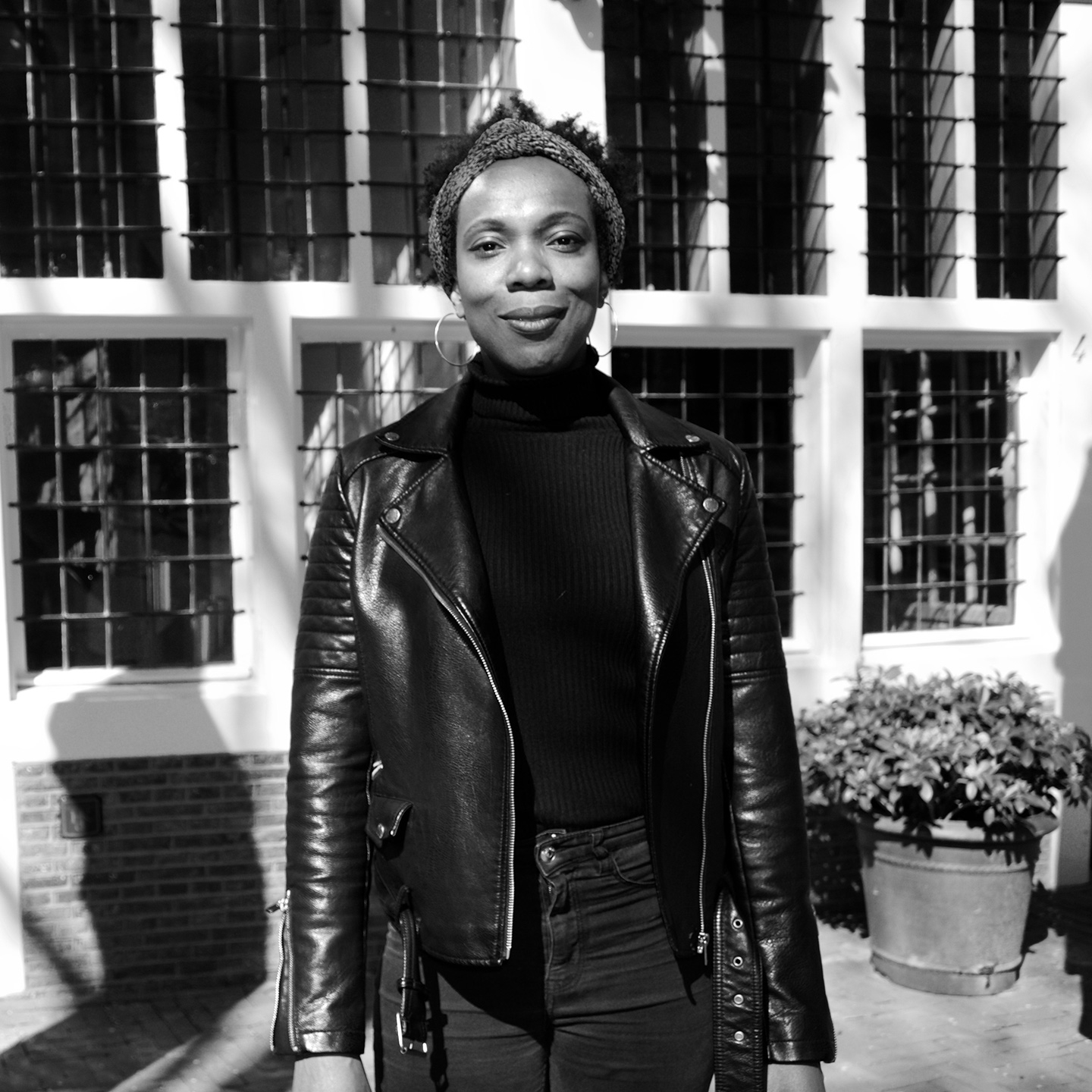
-
BANDCAMP · SPOTIFY · APPLE MUSIC
Shinedoe, real name Chinedum Nwosu, started her love affair with techno long before she could legally enter clubs. The Dutch producer and DJ was a dancer with a local crew, performing weekly at clubs across Rotterdam, eventually picking up background work for artists like Qazar and Shaggy. Eventually, she translated her passion into producing and spinning, adopting a drum & bass alias Black Magic Queen before deciding to focus full-time on Shinedoe in 2000. Since 2004, she’s run Intacto Records with 2000 And One, releasing music from artists around Amsterdam and the rest of the globe. In 2018, she launched the label MTM (Music That Moves) for her solo releases. While her production style is rooted in synth-driven techno, her DJ sets blend dance music of all sorts, with a special nod to the Midwest. Shinedoe is an industrious veteran who truly walks the walk.
Crystal Mioner
-
-
-
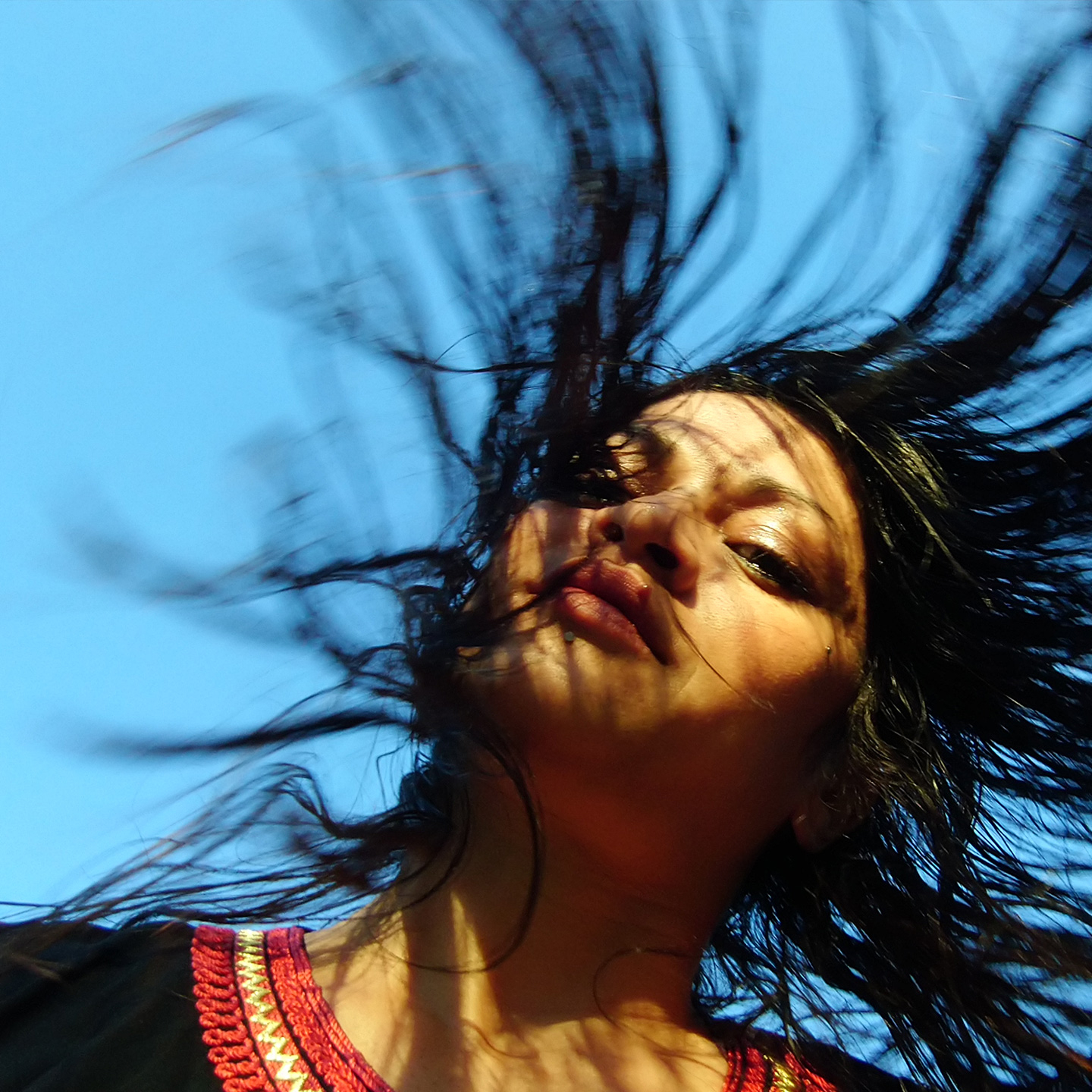
-
BANDCAMP · SPOTIFY · APPLE MUSIC
Azu Tiwaline is a powerhouse talent with a dizzying list of credits to her name under previous alias Loan. Under this moniker, the Tunisian artist made her mark on the French scene with a series of incendiary productions. She’s also composed music for international artists’ projects, global cultural events and the French dance company Morphose, among other such repertoire-expanding endeavours. She also delved into filmmaking, directing short films on street dance, one of which, Drop Circles with dancer Yaman Okur, received a nomination at the French Urban Film Festival in 2012. As Azu Tiwaline, the Livity Sound affiliate splices electronic sounds with more traditional Afrocentric rhythms and melodies, tracing her Berber heritage and taking inspiration from drummers like the late, great Tony Allen.
Marcus Barnes
-
-
-
-
-
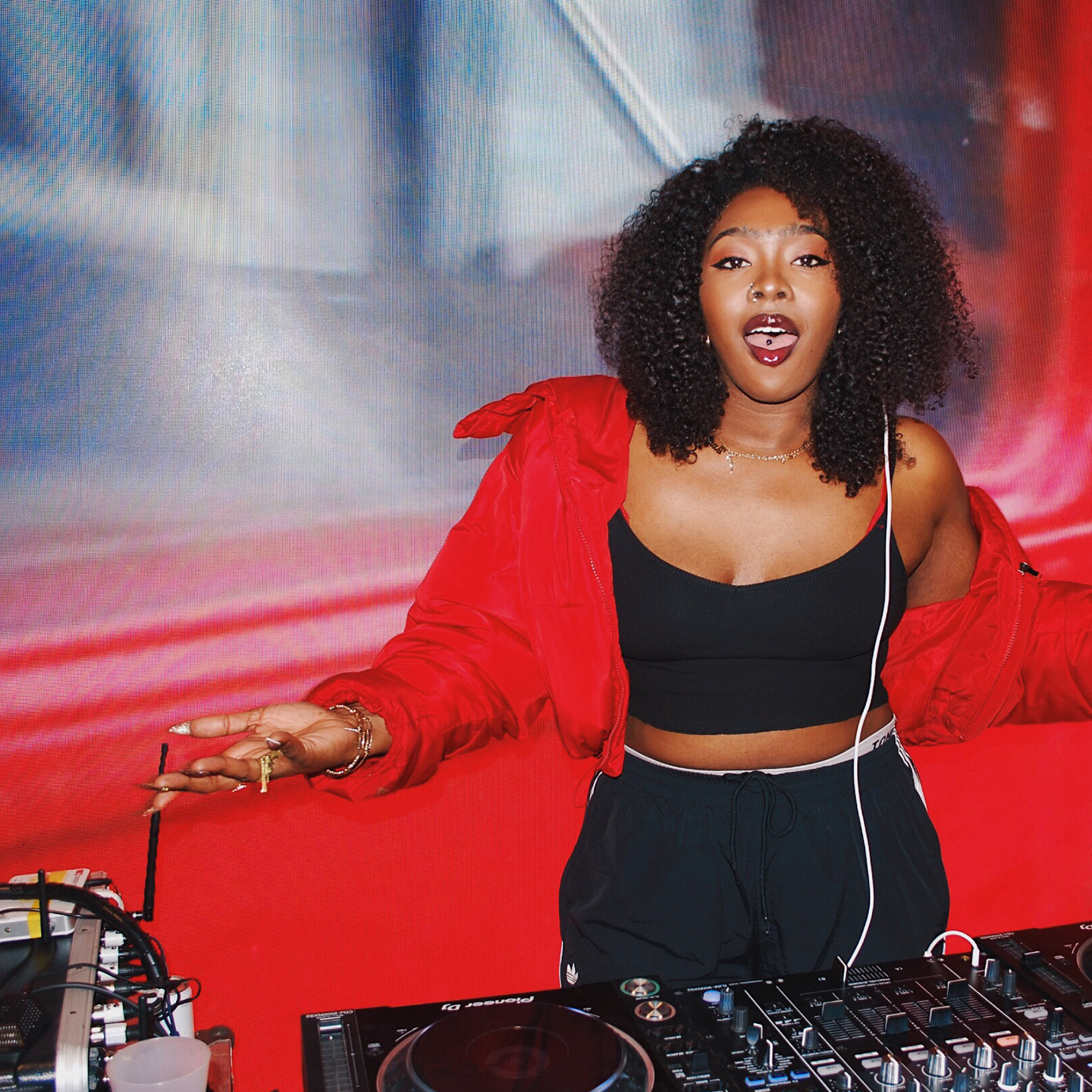
-
A.G.
BANDCAMP · HOMEPAGE
Though perhaps one of London’s most familiar faces behind decks as a regular at Boiler Room and Pxssy Palace, East London’s A.G excels as far more than a DJ. The past year has seen the presenter, producer and graphic designer devote a larger proportion of her time to production with an array of Bandcamp releases. Sure to shell down any post-Covid dance floor, these include a flowery remix of Headie One and Skepta’s “Back To Basics.” Her latest release, “Lychee,” a flavoursome foray into garage at her favoured tempo of 140 BPM, best encapsulates the energy and enjoyment of her live sets. A.G is also well known for her radio prowess, having hosted the popular MnM Show on NTS and Rinse FM, The Grime Show on Rinse, and regularly going back-to-back with BBC AZN Network’s Manara on NTS with their show Beauty Blender.
Ebeneezer Boakye-O’Houlihan
-
-
-
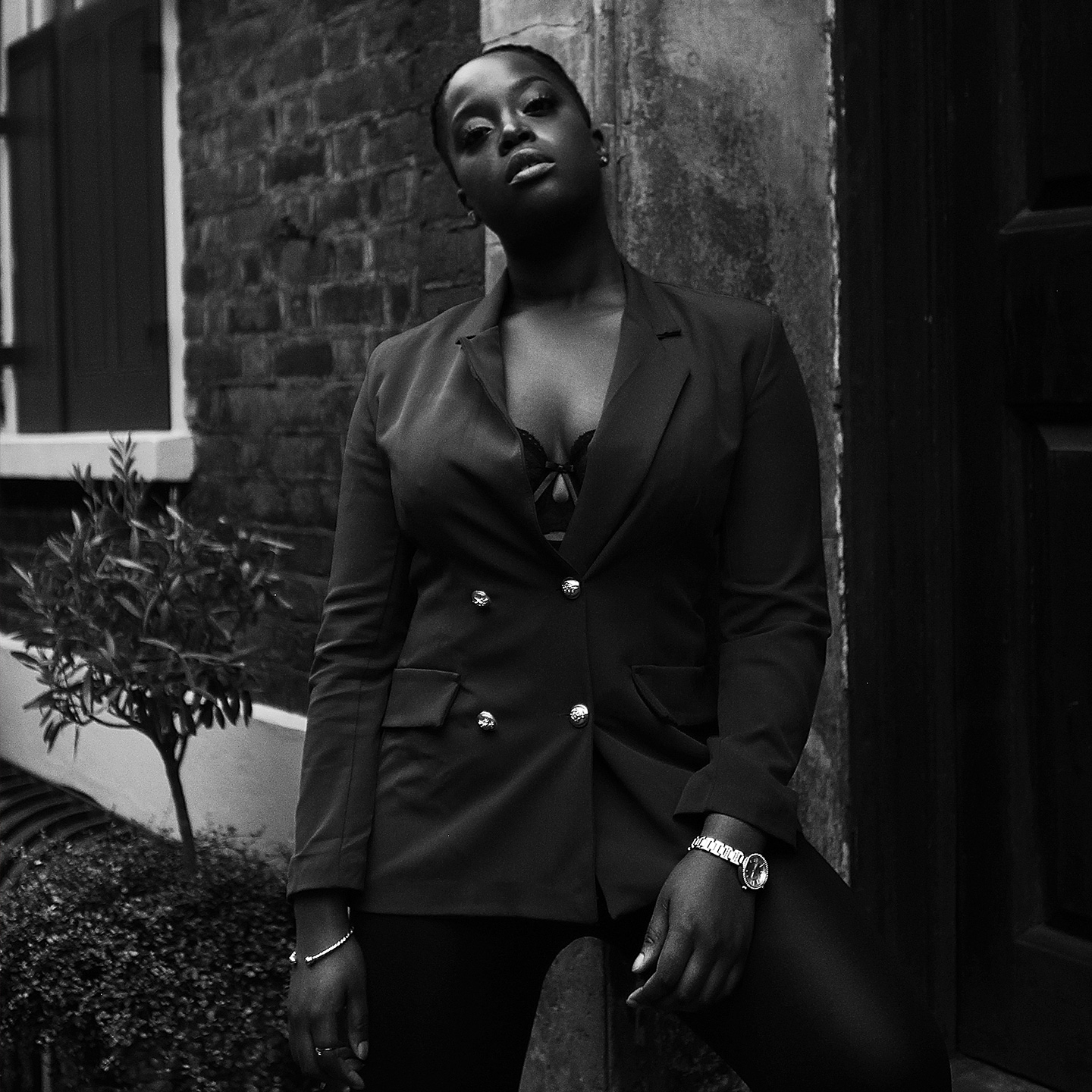
-
BANDCAMP · SPOTIFY
UK-based music mover, broadcaster and journalist Karen “KG” Nyame-Gyamfi brings an effervescence to every room she enters, both in personality and through her productions. Known for flawless beat construction and 360-degree talent, she’s worked her way through just about every imaginable role in music, while taking it upon herself to better the scenes she’s a part of with various gender diversity initiatives. After studying music technology in college, she went on to broadcast with platforms such as The Beat London and BBC 1Xtra, pioneering their new R&B segment in 2012. She frequented BBC Radio London as a guest panellist, discussing gender and race diversity issues while spotlighting burgeoning genres such as gqom and UK Funky with labels like Hyperdub and Goon Club Allstars. After years grappling with misogynoir in a Eurocentric dance scene, she took a six-year hiatus from the industry, making a spirited return in 2019 for collaborations with artists like Scratcha DVA and UNIIQU3. This year she aims to raise the bar yet again with the sequel to her Sensei EP, set for release on Black Acre.
Shiba Melissa Mazaza
-
-
-
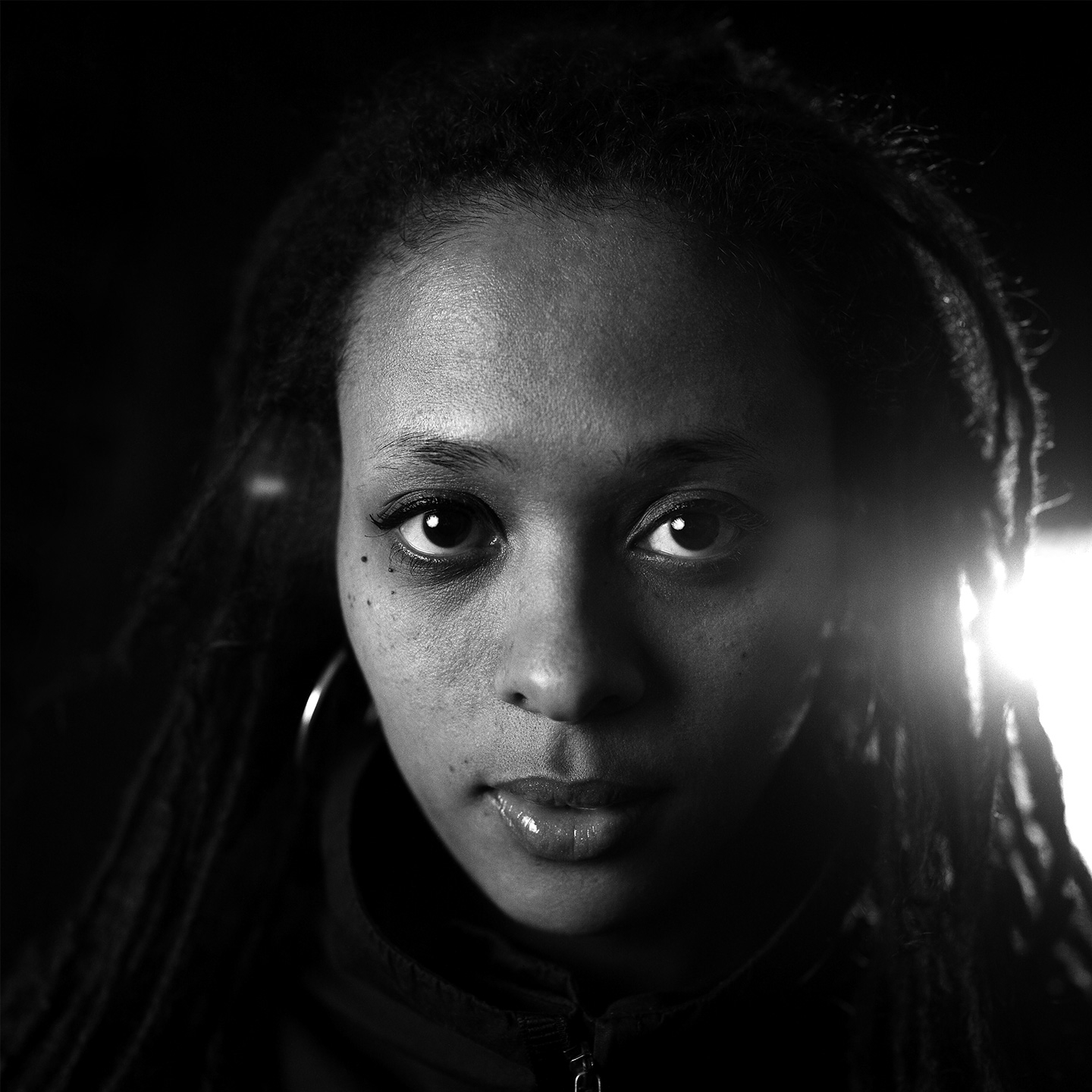
-
HOMEPAGE
Her post as curator, host and ringmaster of The Next Chapter made Natalie Wright, best known as DJ Flight, the first woman in the UK with a national weekly radio show. First reaching airwaves in 2002 for the newly launched BBC 1Xtra station, it was the go-to source for eclectic musical discovery over its five-year stint, taking listeners on expertly guided journeys through liquid funk, jumped-up jungle and more. Through the show, DJ Flight cemented her status as a drum & bass luminary. But it was in the ’90s and 2000s that she made her initial impression, landing residencies for Metalheadz and Fabio’s Swerve parties. Flight’s Play:musik label, a venture now on hiatus, discovered Martyn’s early frenetic sounds. But her main route for developing artists comes through her work at the Prison Radio Association, and more recently withEQ50, a collective of women working towards fairer representation within drum & bass.
Andrew Mensah
-
-
-
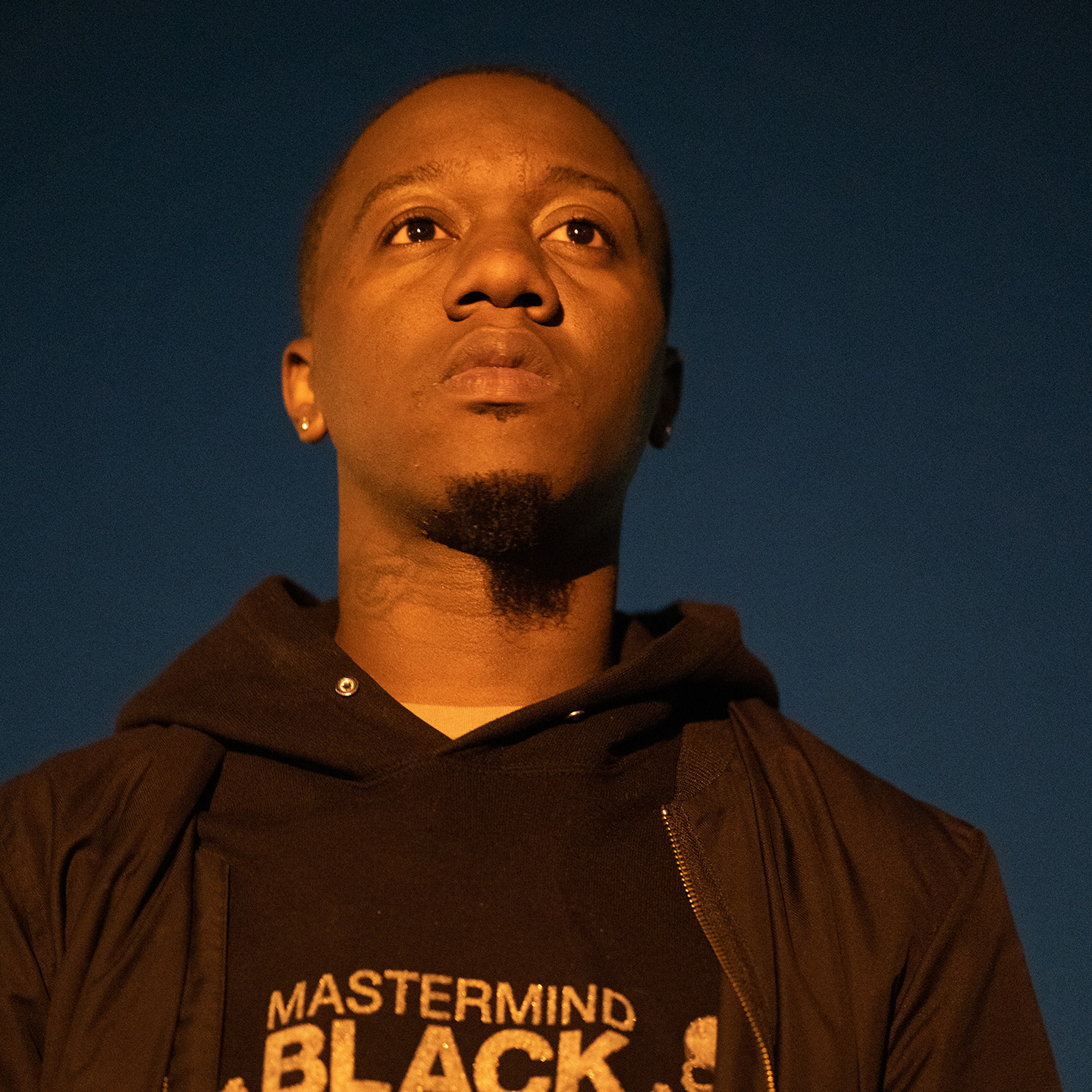
-
BANDCAMP · SOUNDCLOUD · APPLE MUSIC
New Jersey’s MikeQ is one of the most essential names in ballroom’s history. In 2005, the DJ-producer founded the first ballroom label and collective, Queen Beat, pulling together some of the East Coast’s most influential underground talents from the likes of LSDXOXO, Quest?onmarc and Byrell The Great. Fusing Jersey club, R&B and UK Funky with traditional ballroom, the imprint’s 2016 Queendom album is an example of Queen Beat’s massive impact. MikeQ heralded a shift in Ballroom music that was diverse, increasingly harder and removed from its smoother house origins. His work has since taken him far past the insular ballroom halls into the mainstream. Recent years have seen him move onto soundtrack work, and as of last year, a starring role in HBO’s reality TV show about voguing, Legendary.
Kiana Mickles
-
-
-
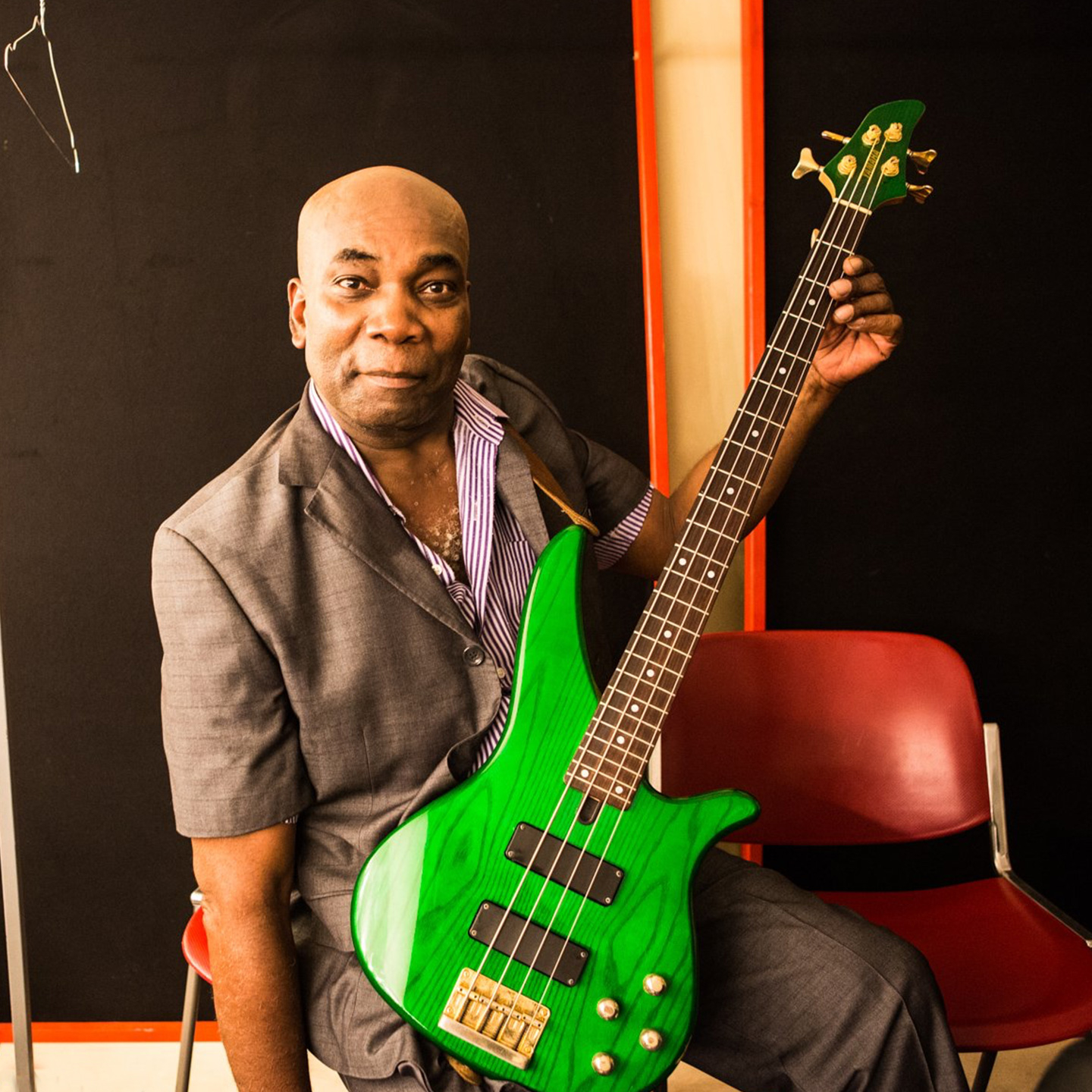
-
BANDCAMP · SPOTIFY · APPLE MUSIC
A producer, musician, songwriter and sound engineer originating from Barbados, Dennis Bovell moved with his family to London at age 12. He’s best known for his dub productions for the likes of Steel Pulse, playing in the reggae band Matumbi, collaborations with Linton Kwesi Johnson and a prestigious list of lovers rock classics. One of those classics, the Janet-Kay-performed “Silly Games,” graced our TV screens this year via Steve McQueen’s Small Axe series on BBC. In 2014, Bovell described how while writing the song he “put that high note in there, meaning that every female in the dance would try and sing that note,” a masterful touch that turned it into an anthem, charting at #2 in the UK. Bovell’s contribution doesn’t stop at 70’s-era lovers rock. His long-spanning career saw him produce for post-punk bands such as Maximum Joy and The Slits in the ’80s, injecting their guitar-driven sound with a new dub aesthetic. Bovell never slowed down: he released his own studio album, Mek It Run, in 2012, remixed the Glaswegian band Golden Teacher in 2015 and put out an acoustic EP in 2018, proving his music is just as relevant today.
Theo Fabunmi-Stone
-
-
-
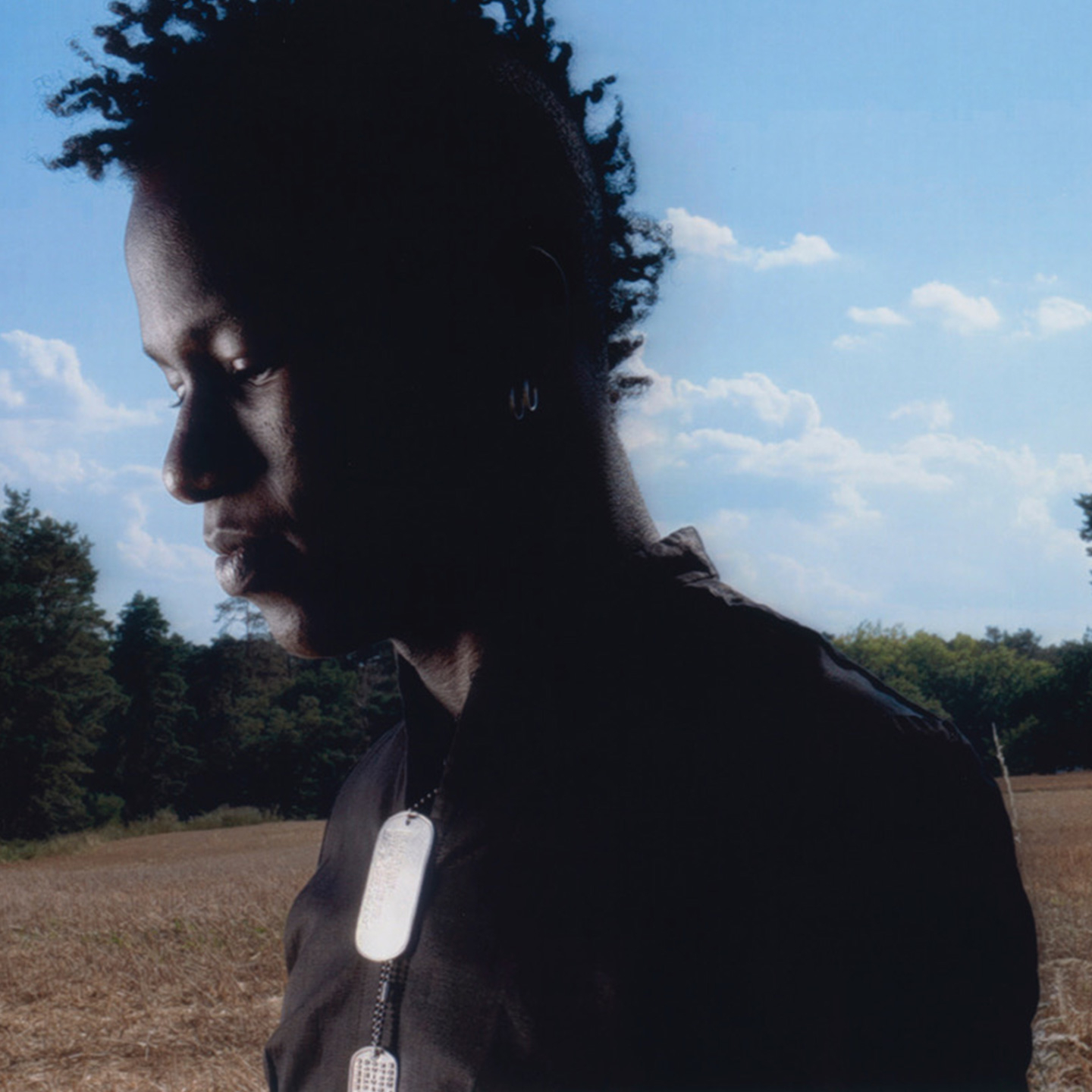
-
BANDCAMP · SPOTIFY · APPLE MUSIC
LA Timpa, AKA Christopher Soetan, remains something new and indescribable. The Nigerian-born, London-based singer-songwriter has consistently navigated uncharted areas of the soundverse, describing his aesthetic as “finding clarity in distortion.” There is a dreamy DIY approach that permeates all areas of his personal and musical aesthetic. Even the name Timpa came from a word he made up while texting, using it as a substitute for “OK.” His songs express moments of shaky optimism, capturing the baby steps after the end of a relationship, or leaving his mother to move to Toronto alone with picturesque emotional detail. Timpa even recalls “crying real tears” himself while listening back to some of them. From the woozy abstraction of 2016’s Animal EP to the cathartic Modern Antics In A Deserted Place, Timpa employs gorgeous asymmetry and doleful chants to create meditations on personal moments, familiar enough to capture our collective anxieties, all while remaining distinctly and undeniably him.
Emeka Okonkwo
-
-
-
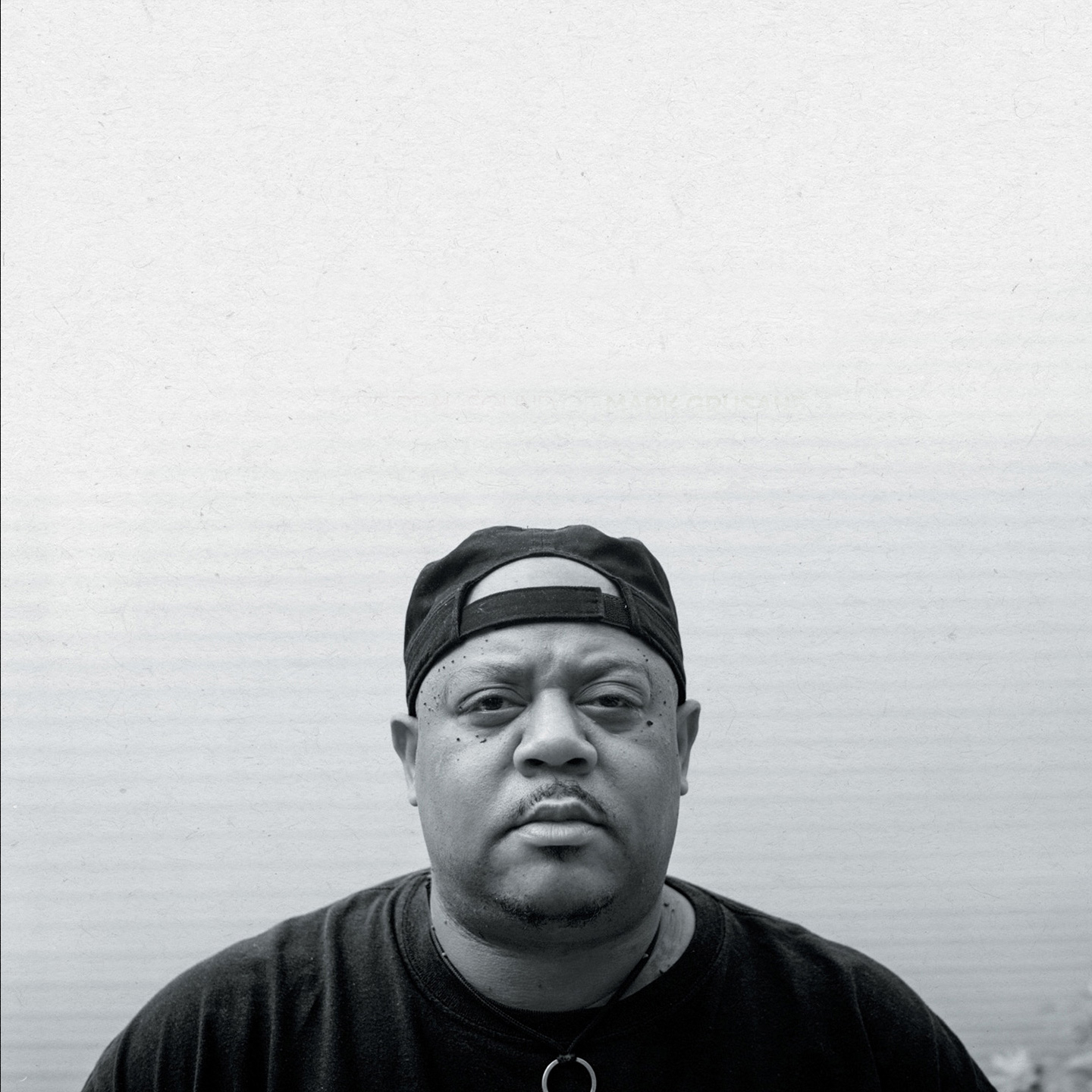
-
BANDCAMP · SPOTIFY · APPLE MUSIC
Whether you realize it or not, there is a good chance you’ve danced to a record that’s passed through Mark Grusane’s hands. Hailing from the south side of Chicago put Mark in the perfect place to experience house music history as it unfolded. Radio stations such as WBMX, plus his local deejay older brother who took him to his first record store, Importes Etc., meant he caught the collecting bug early. By his teens, he was going above and beyond searching for different sounds and becoming a dealer by necessity to satisfy his hunger. With his friend Mike Cole, they opened up Mr. Peabody Records in 2004, which quickly turned into a best-kept secret of serious diggers. Many European “selectors” owe a lot of their rare tracks and compilations to the hard work of these two throughout the early aughts. After shutting up shop in 2012, Grusane finally became a part of the international touring circuit he’d long-supported from the background. A champion of rare boogie and the original house sound, his contributions to culture cannot be overstated.
Tajh Morris
-
-
-
-
-
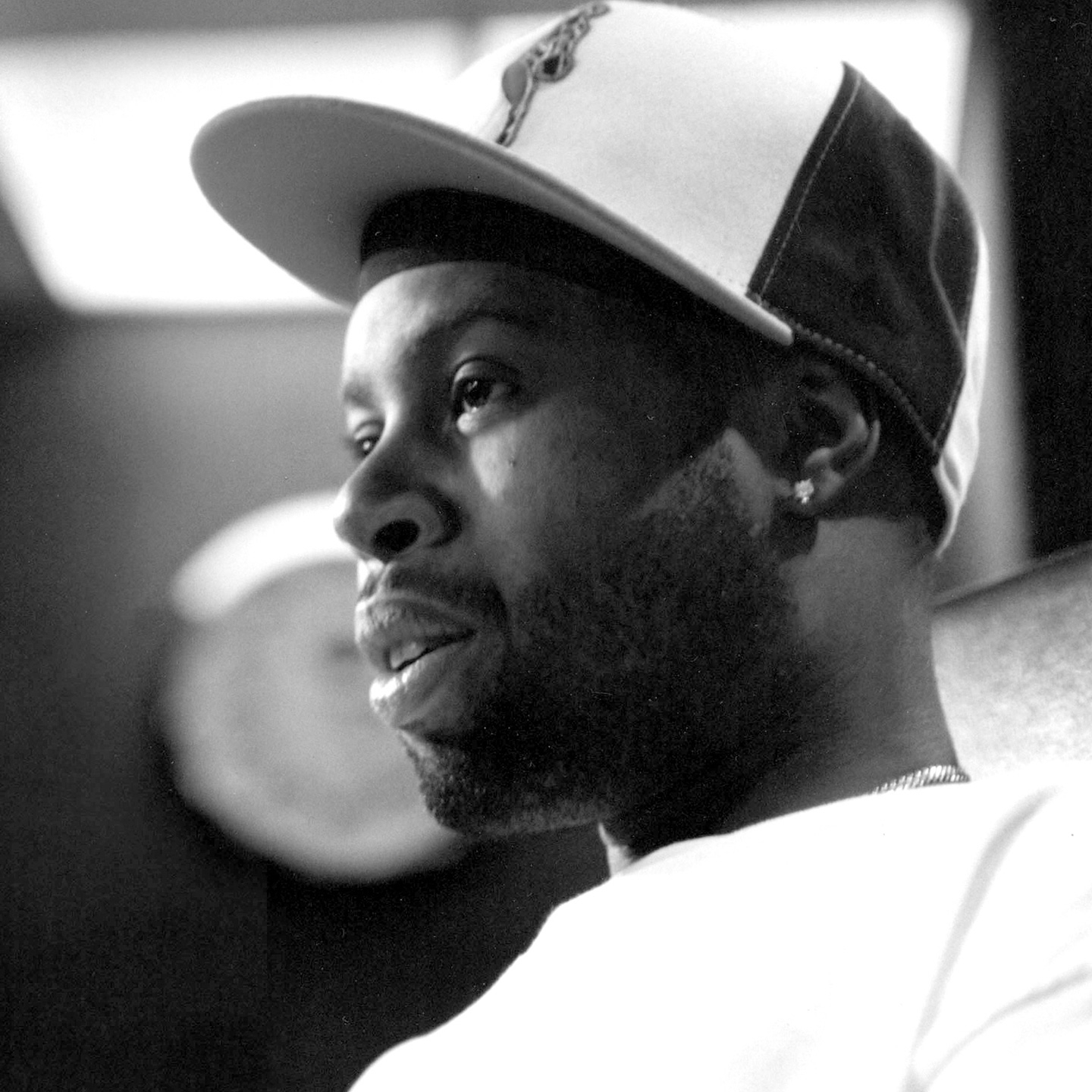
-
SPOTIFY · APPLE MUSIC
Where would hip-hop be today without the contributions of J Dilla? Before his death in 2006, the Detroit native lent beats to the leading voices of late ’90s and early ’00’s hip-hop and R&B, including Slum Village (at one point he was a member of the group), A Tribe Called Quest, De La Soul, Erykah Badu and Common, to name a few. With encyclopaedic knowledge of music, he was a genius sampler, sourcing from a wide pool of influences, from Kraftwerk to Eddie Kendricks and Minnie Ripperton. Dilla’s studio was famous for carrying thousands of meticulously organized vinyl records, which he would pull from to snatch even the briefest snippet. Released three days before his death, his magnum opus of neo-soul, Donuts, was primarily produced as he lay in the hospital battling the lupus-related disease that would eventually kill him. His parting gift to the world is a composite of rock, pop-soul and funk samples, all completely transformed by his fine-tuned groove and ambitious, experimental programming.
Kiana Mickles
-
-
-
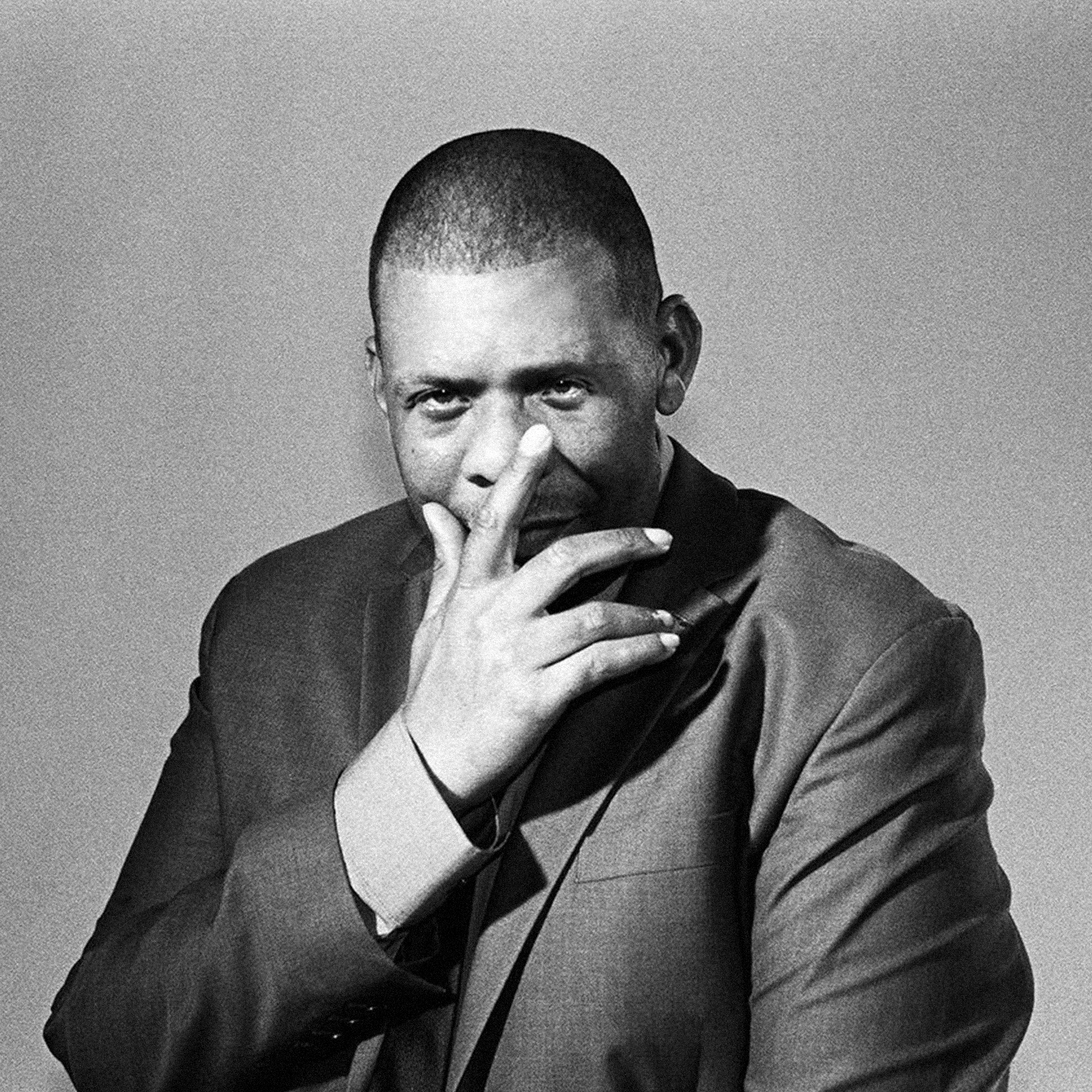
-
SPOTIFY · APPLE MUSIC
A veteran house all-rounder, Teddy Douglas helped put his hometown of Baltimore on the electronic music map, and he’s kept it there since the mid-’80s. Renowned for his dynamic DJ style and infamous crew the Basement Boys, Douglas remains one of the city’s most active and influential figures. With the Basement Boys, he produced the classic “Gypsy Woman,” before going on to work with the majors, doing remixes for superstars like Michael Jackson, Lenny Kravitz, Crystal Waters, Erykah Badu, Angie Stone, Martha Wash and fellow Baltimore native, Ultra Nate. Douglas’s back catalogue alone warrants his place among the greats, never mind his global exploits as a DJ and the graft he’s put into keeping house music alive in his beloved hometown. A residency at Baltimore’s legendary spot Odell’s established him as one of the city’s premier selectors. To this day, he’s still performing and promoting parties around town, holding his regular Monday Night Studio Sessions events, which has seen an all-star cast of house icons pass through over the years.
Marcus Barnes
-
-
-

-
SOUNDCLOUD · SPOTIFY · APPLE MUSIC
Curtis Alan Jones, AKA Cajmere, AKA Green Velvet, is behind some of electronic music’s most enduring cuts. He left grad school to pursue music and as early as 1992 penned the house classic “Brighter Days.” His Cajual label birthed the works of seminal Chicago house artists, paving the way for the genre’s second generation (think Ron Trent, Derrick Carter, Glenn Underground), while his Relief imprint embraced the rugged, ravey sounds at play when it launched in 1993. Taking up the Green Velvet alias some time after releasing as Cajmere, Jones donned a green feathered mohawk and launched a raunchier sound. The best Velvet productions give sonic whiplash, sparkle the ears and make you cackle all at the same time. “Flash”, “La La Land” and “Answering Machine” come to mind—not to forget “Voicemail,” the cheeky “Answering Machine” follow-up. Jones’ contribution to house and techno is perhaps best measured by its absence—who wants to live in a world without “Brighter Days”?
Riri Hylton
-
-
-

-
HOMEPAGE · SPOTIFY · APPLE MUSIC
Armed with a Korg 800-DV, a Prophet 5 and later on, a Synclavier, Wally Badarou’s sound conjures celestial highlife with elements of disco, acid, boogie and more. Originating from Benin and born in France, he’s primarily known for his work with the English group Level 42. You’d be hard-pressed to find a producer with a list of collaborations that could hold a candle to Badarou’s. His production credits span several decades, including memorable keyboard runs on records by the likes of Grace Jones, Herbie Hancock, Fela Kuti and Egypt 80. Not bad for a law student who taught himself piano. Despite contributing to hallmark moments of undisputed legends, his own status a synth pioneer remained relatively unsung until recently. His magnum opus, Echoes, is a tropical and unearthly stew of lustrous synths and slinky basslines that has stood the test of time since its release in 1986. His gems sound contemporary, evoking an otherworldly coolness that can’t be credited to any specific era. Both as a session musician and solo act, Badarou is going down as a legend whose idiosyncratic synth magic has aged like wine on the palates of new audiences.
Ebeneezer Boakye-O’Houlihan
-
-
-
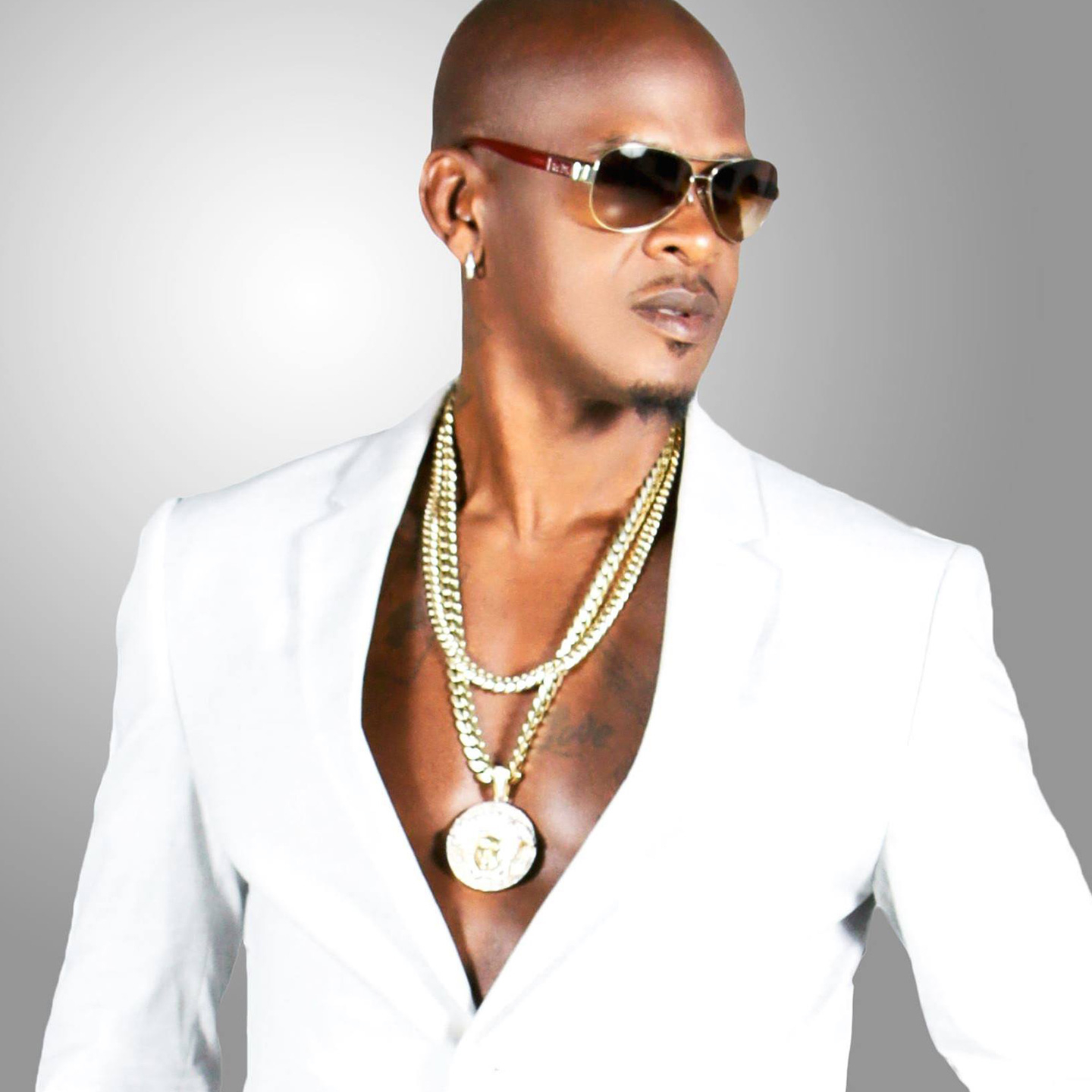
-
HOMEPAGE · SPOTIFY · APPLE MUSIC
Mr Vegas, the dancehall hit machine, is responsible for some of Jamaica’s most well-known anthems: “I’m Blessed,” “Heads High,” “Bruk It Down” and more. He lives up to the name with his lavish style, raunchy lyrics and unique MCing, owed to his jaw briefly being wired shut, which permanently changed his speech. Vegas initially burst onto the Jamaican scene in 1998 with his track “Nike Air” followed up by “Heads High,” gaining UK and US listeners’ attention and earning him a spot on both country’s charts. His popularity grew overseas as his debut album, Heads High, resulted in a MOBO for best reggae album. After a brief hiatus he collaborated with Major Lazor on one of their more respectable early projects, Guns Don’t Kill People… Lazers Do, opening and closing “Can’t Stop Now” with his signature vocals atop the track’s haunting reggae melody. In 2008 he switched up his approach to music-making with a renewed joie de vivre, inspired by singing the reggae he grew up on, leading to his most renowned album, Sweet Jamaica. Made in honour of Jamaica’s 50-year independence, it was voted among the best music of 2012 by both Complex Magazine and Google Music.
Theo Fabunmi-Stone
-
-
-
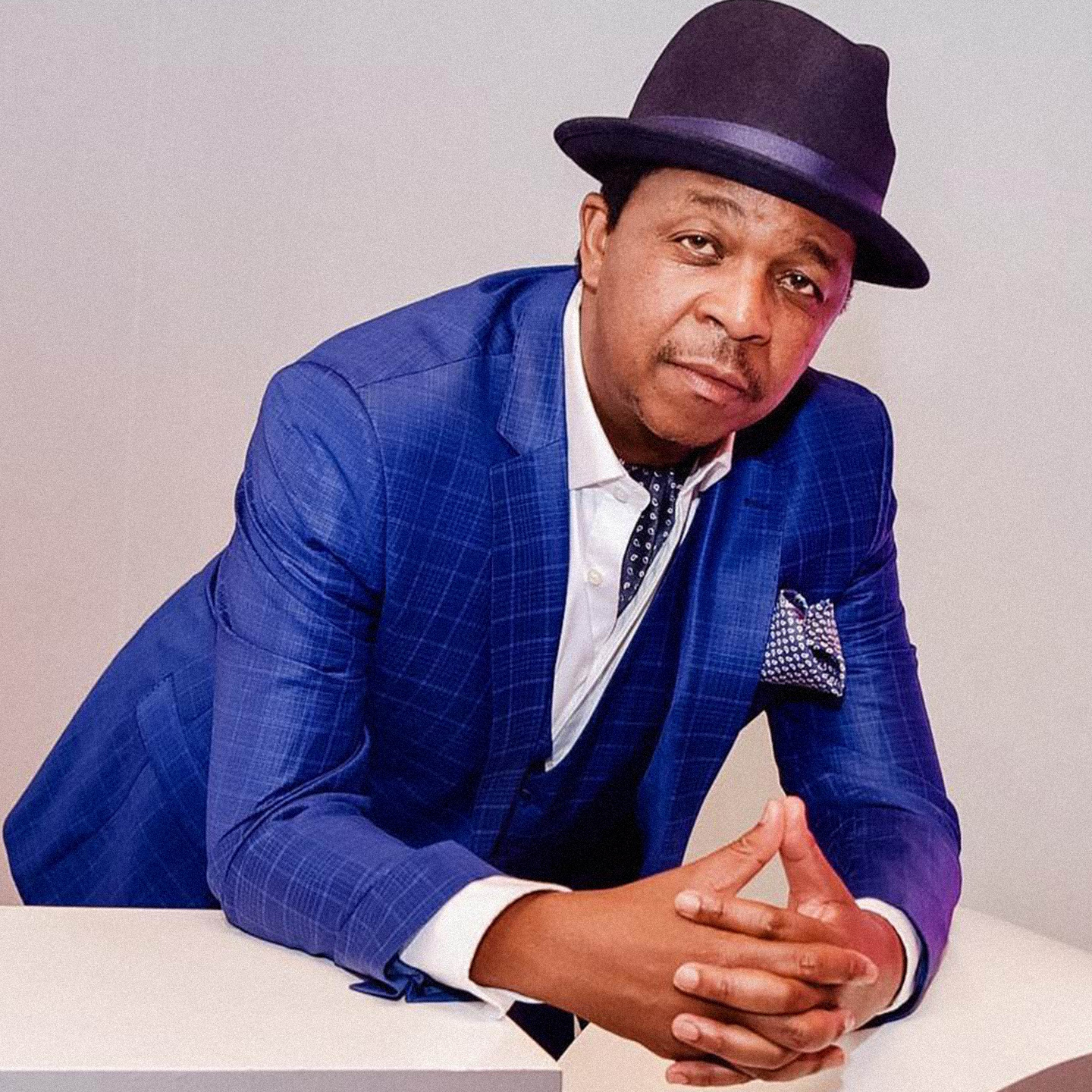
-
SPOTIFY · APPLE MUSIC
If anyone deserves a mention on this or any other list, Oskido is it. Born in South Africa and raised in Zimbabwe, Oscar Sibonginkosi Mdlongwa has made historic moves, busting borders and pioneering “the sound of South Africa” with his label Kalawajazmee (neé Kalawa) formed in 1992, supporting artists like Busiswa, Uhuru and Mafikizolo. These efforts laid the bedrock for the revolutionary genre of Kwaito—the root from which today’s amapiano, gqom, hip-hop and house originate. He went from owning a hotdog stand outside then-popular Johannesburg venue Razmatazz Club to DJing when other acts failed to turn up. From there, it wasn’t long until Oskido had swept the nation, making pivotal contributions to the music industry as a mentor, businessman and label executive. He’s spent the past 30 years building the industry we know today and providing wisdom, knowledge and technique to those with open ears in his I Believe program and radio show.
Shiba Melissa Mazaza
-
-
-

-
BANDCAMP · SPOTIFY · APPLE MUSIC
Oakland-raised, Berlin-based don AYBEE, AKA Armon Bazile, deserves his flowers. The relentlessly adventurous producer has always had a very clear mission: to burrow further, wider and deeper into the soulful innards of dance music (and beyond) to find truth. Guided by the spirit of early techno and deep house, the northern star of Sun Ra, Afrofuturism and Black music’s never-ending stream of influence, his success has come often.
Deepblak Recordings, launched in 2001, is a ripe source of diasporic electronics from AYBEE and fellow soulstranauts like Afrikan Sciences, Pursuit Grooves and Damon Bell. On Deepblak, genre is a forgotten word. Deeply embedded rhythms of all styles and tempo ground the imprint. Newcomers can look to AYBEE’s debut East Oakland Space Program as a launch pad. There’s “Assignment 7,” with its call-to-space-arms and UK Funky-esque groove, the cosmic bounce of “Love Of” and “Going Home,” plus the timeless “So Much Greater (feat. Erik Rico).” Yet there’s so much more, from his Miles Davis homage and collaborative LP Sketches Of Space with label mate Afrikan Sciences, to the Worlds LP and a bunch of aliases and collaborations that point to different sounds and musical pathways, including Indigenous Space People, Blak Punk Soundsystem and S.B.T alongside modern great Ron Trent.
Errol Anderson
-
-
-
-
-
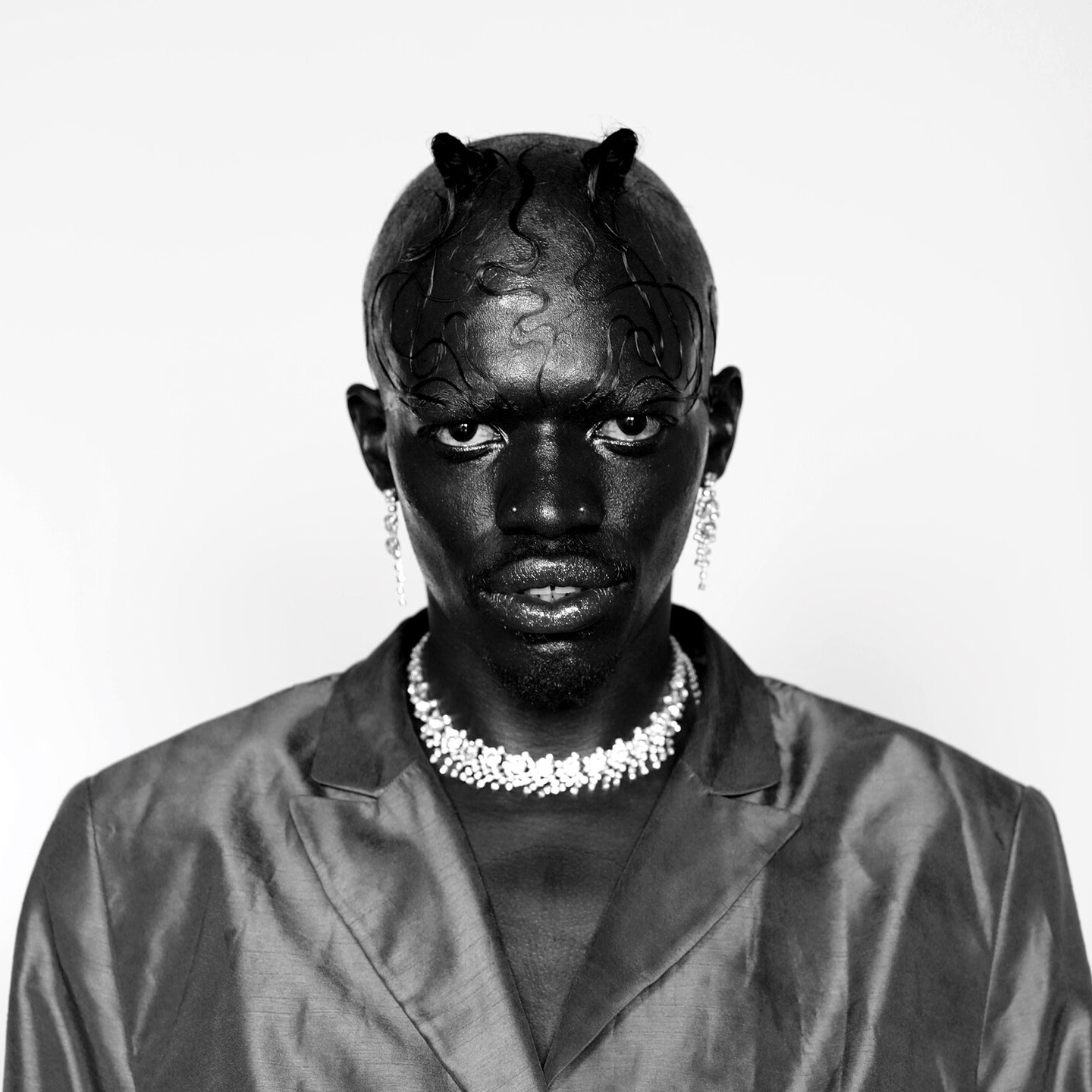
-
BANDCAMP · SPOTIFY · APPLE MUSIC
Multi-disciplinary artist Desire Marea (born Buyani Duma) has worked tirelessly to pave the way for queer Black art. Their shadowy debut from 2020, a self-titled album on Izimakade Records, blends an array of deep and dark club sounds including singeli and gqom. Marea’s performance journey began at the prestigious National School Of the Arts in Johannesburg, where they majored in Performing Arts. Initially, they came up as an actor, starring opposite John Malkovich in 2015’s Disgrace, before excelling as a marketing maven. Alongside Fela Gucci, they formed the fashionably fierce duo FAKA, who’ve since performed at numerous international music festivals, including Melt, Roskilde, Sónar and Dark Mofo. The duo has created special compositions in collaboration with American fashion brand Telfar, staged at London’s Serpentine Pavilion and New York Fashion Week, and was included in the 2019 VogueWorld 100 and DAZED 100 lists, among others. That same year, Versace commissioned them to compose the soundtrack for their Spring Summer 2019 Menswear fashion show; many a milestone for South African queer culture.
Shiba Melissa Mazaza
-
-
-
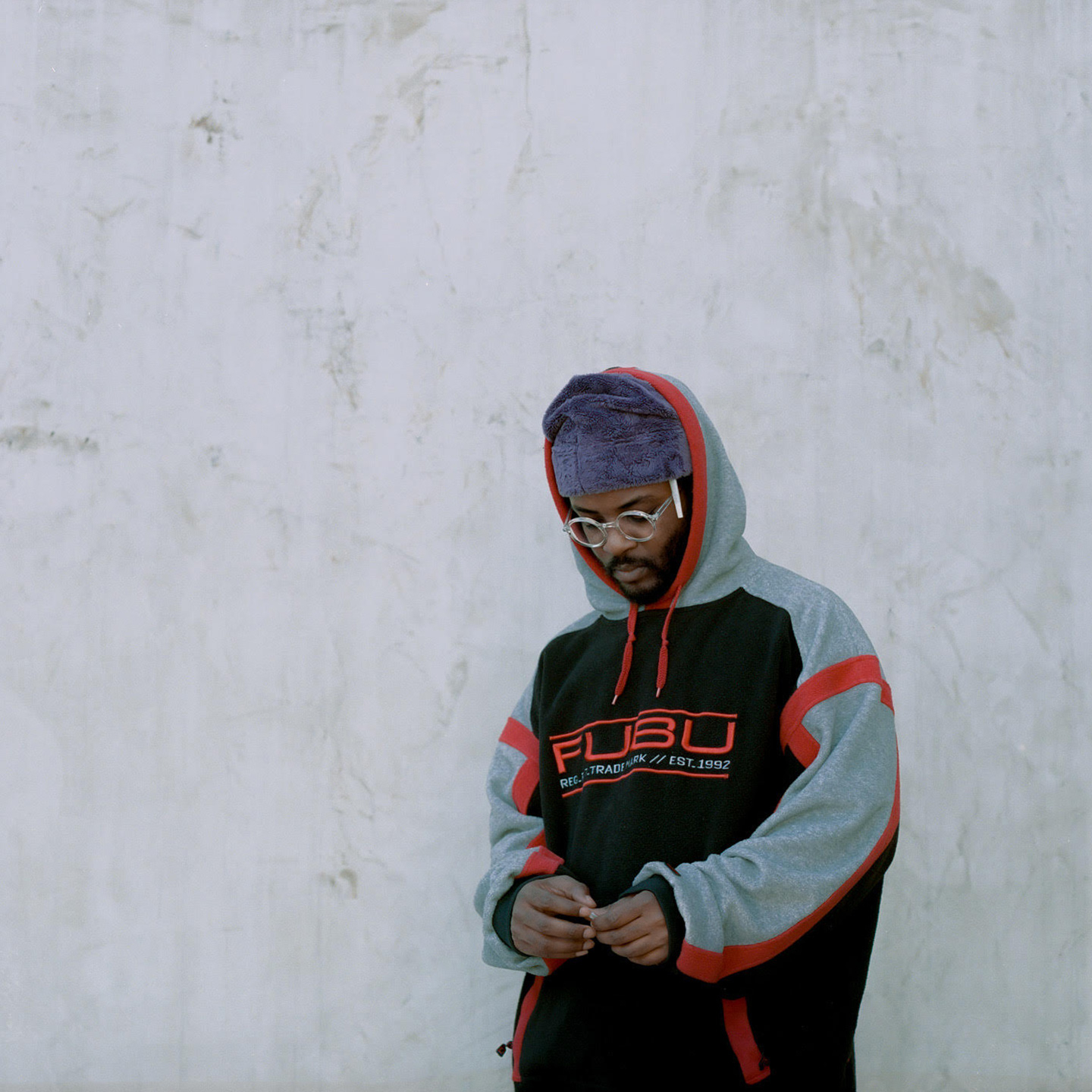
-
BANDCAMP · SPOTIFY · APPLE MUSIC
The prolific LA beatmaker has released more than 100 projects since 2009. His debut album, Hud Dreems, is a 26-track collection of jazz-infused hip-hop beats, released by West Coast institution Stones Throw Records. An instant classic, it was soon followed by several more sought-after releases, catapulting him into recording studios with acts like Kendrick Lamar, for whom he produced “Momma” on the Grammy-nominated To Pimp A Butterfly. Knxwledge’s Bandcamp is an extensive library of fine-tuned collage experiments from multiple series where he cuts and splices verses and vocal samples all underpinned by unreleased beats. The regularity with which he drops mixtapes proves his dedication to the craft. MEEK.VOL, his cult series featuring fellow Philadelphian Meek Mills, overlays the rapper’s hard-hitting verses with Knxwledge’s sleazy baselines, dreamy pads and jazz melodies. His Instagram TV is a treasure trove of repurposed internet clips, from college-football-locker-room freestyles to radio interviews with his custom-made soulful productions in the background. Frequent collaborations with LA hip-hop virtuosos like MNDSGN, Anderson Paak and Earl Sweatshirt have put him in prime position to work with the next generation of emerging rappers, such as Mach Hommy and Old Droog.
Theo Fabunmi-Stone
-
-
-
-
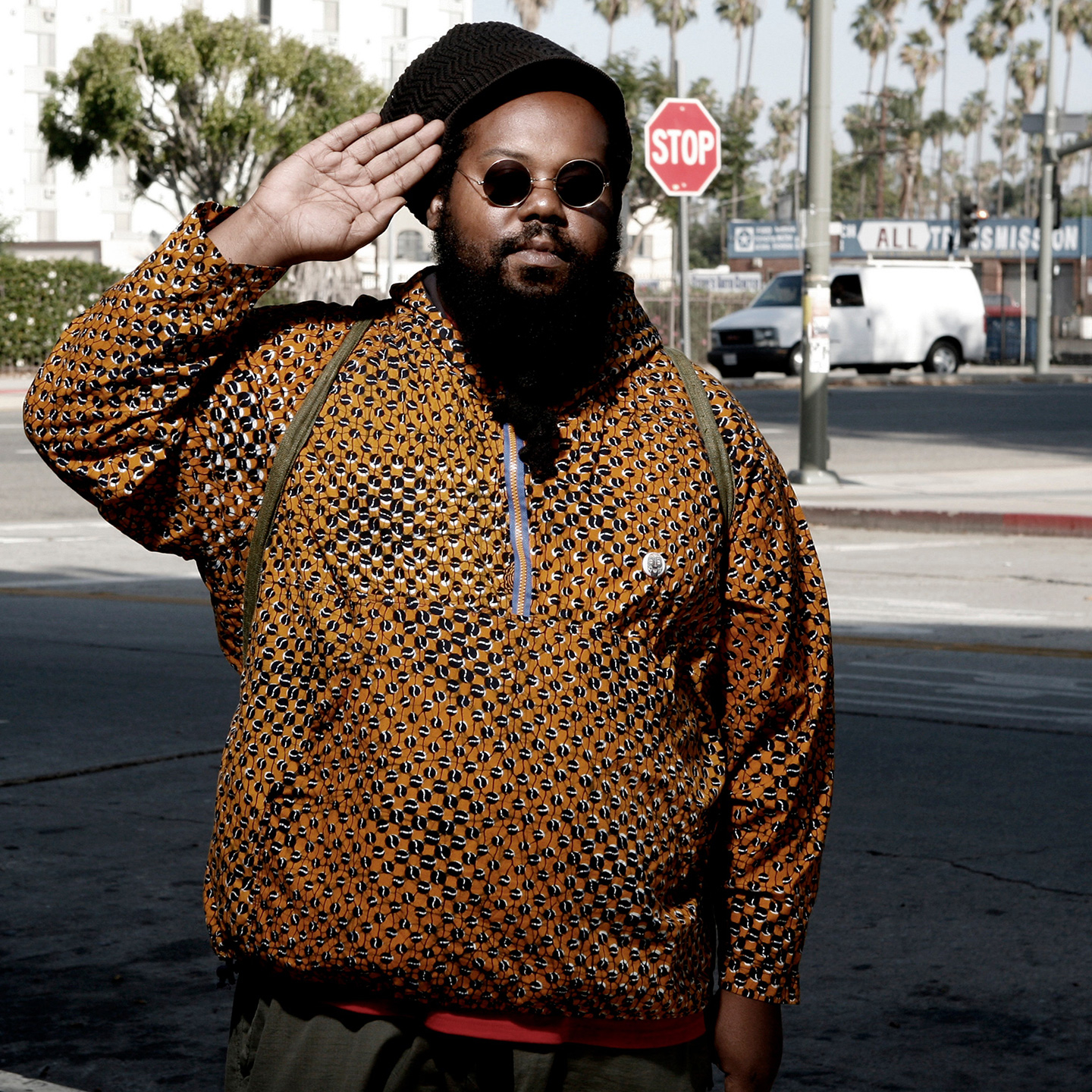
-
BANDCAMP · SPOTIFY · APPLE MUSIC
Captain of the Afrikan Space Programme, Ras G, sadly passed away in 2019, leaving behind a legacy of timeless music spanning jazz, hip-hop and sounds that dare not be categorized. The Brainfeeder artist is often described as Sun Ra’s contemporary heir for his Afrofuturistic references, Egyptological iconography and ability to push boundaries in his non-conforming productions. An integral figure in LA’s music scene, the highly influential avant-garde beatmaker was laying foundations in the early 2000s for local artists in hip-hop and jazz, working with the likes of Kamasi Washington, Flying Lotus, Knxwledge and more. His studio, Spacebase, was his creative sanctuary, a place he described as his brain, and where some of his best-known projects, like Back On The Planet and his Leaving Records releases, were produced. G was renowned for causing havoc on his SP404 during live shows throughout LA, especially at the now defunct Low End Theory party. A devoted student of music, he was an enlightened spirit. As writer Laurent Fintoni summarised: “His success, his importance can only be measured in human terms.”
Theo Fabunmi-Stone
-